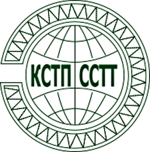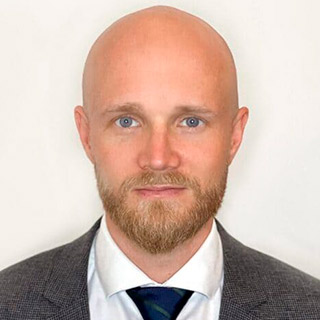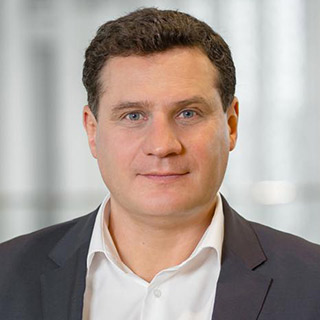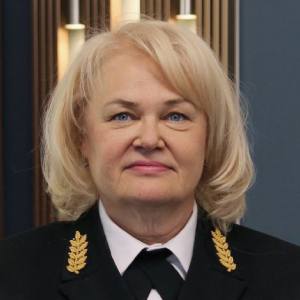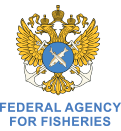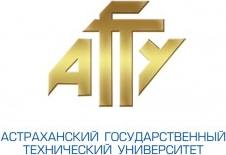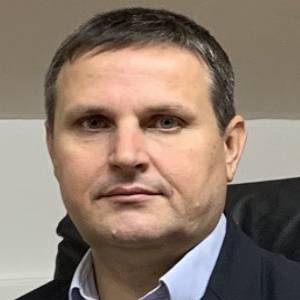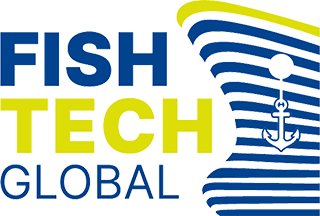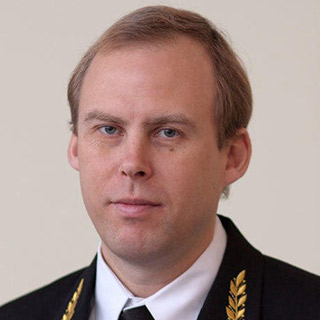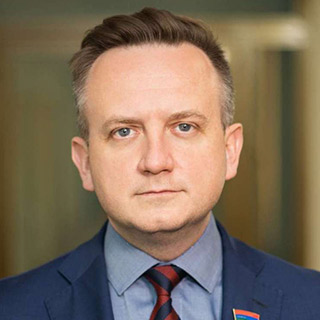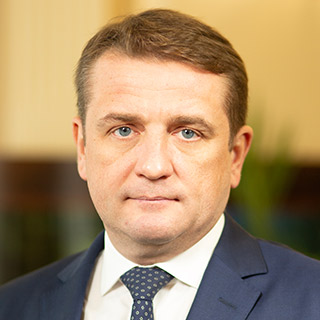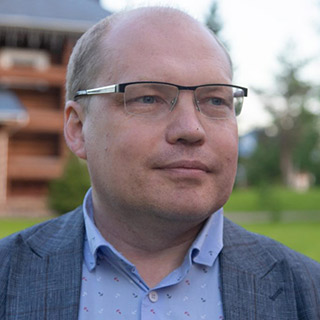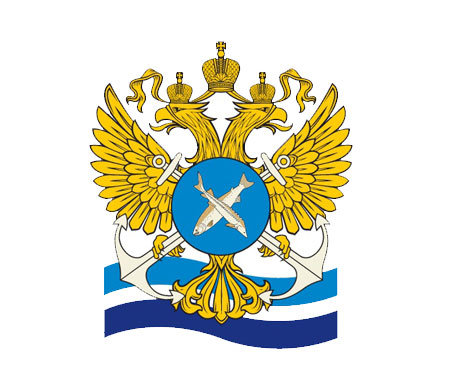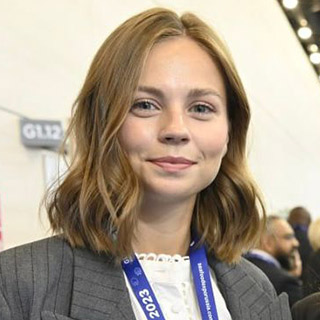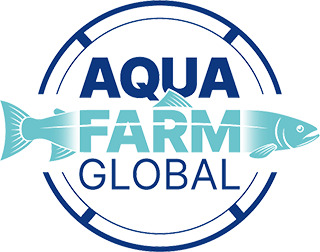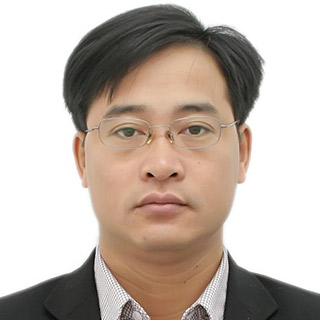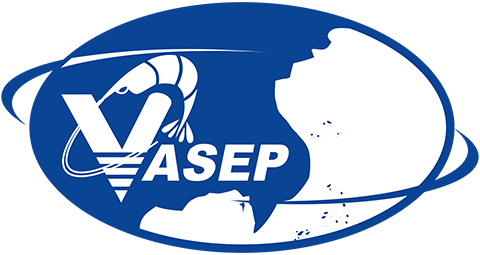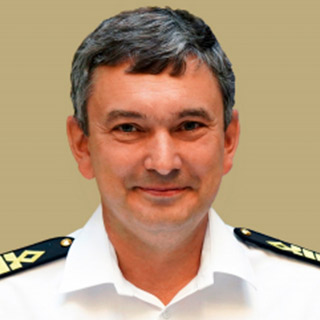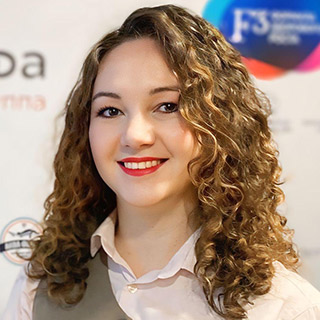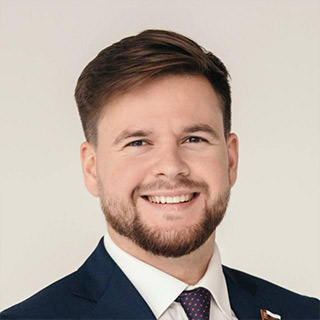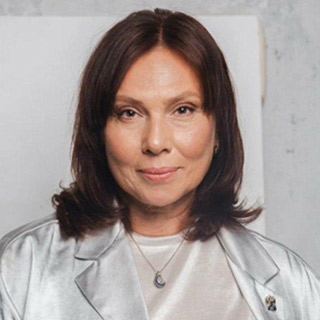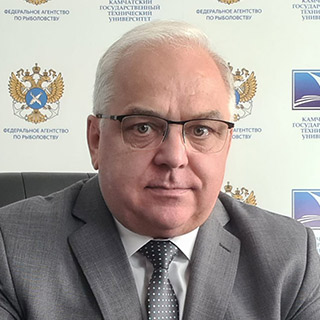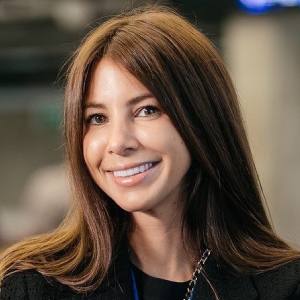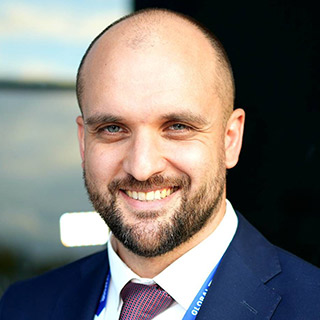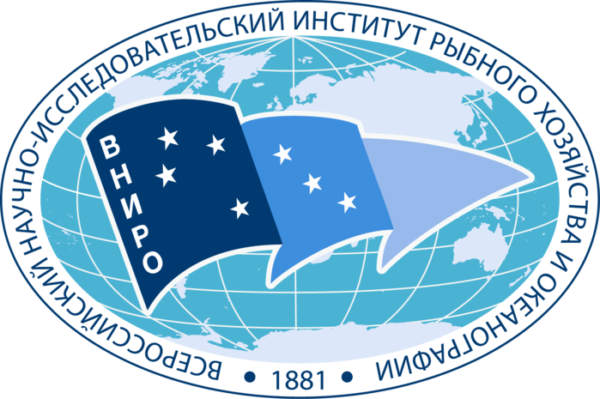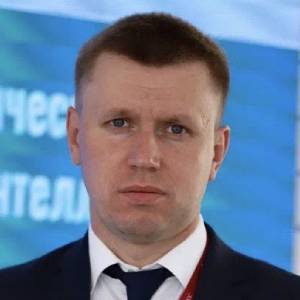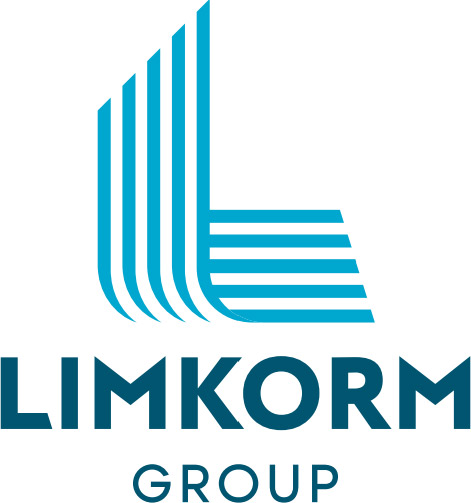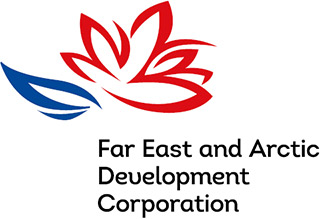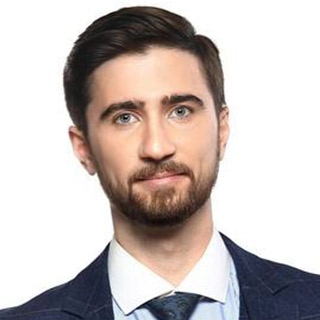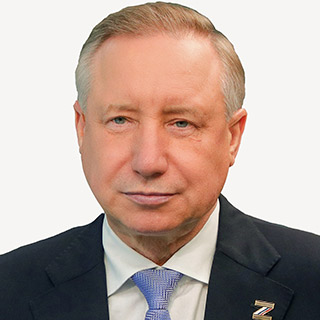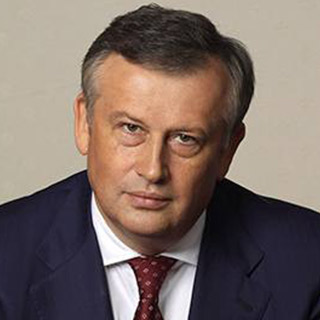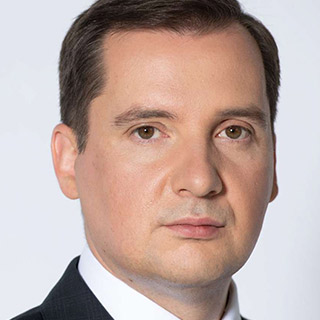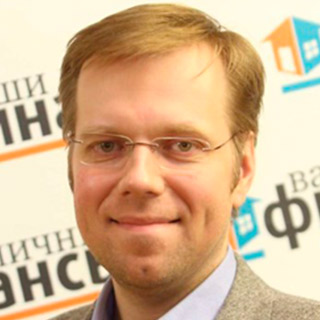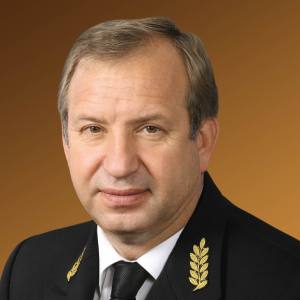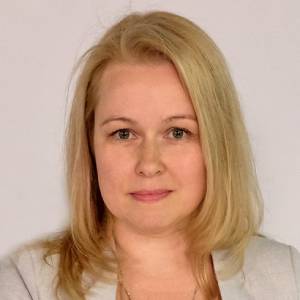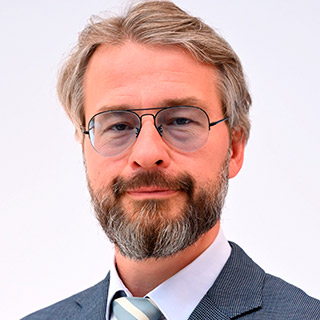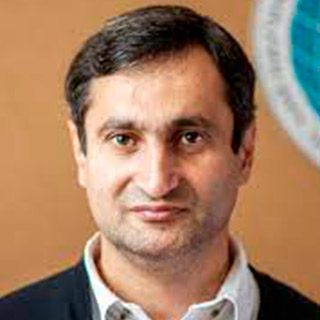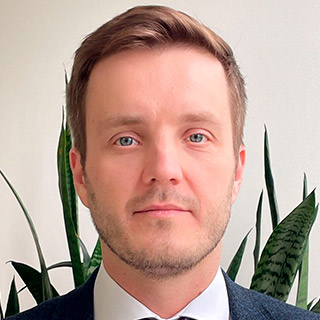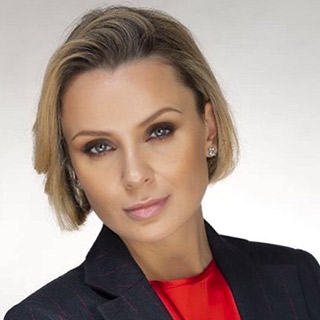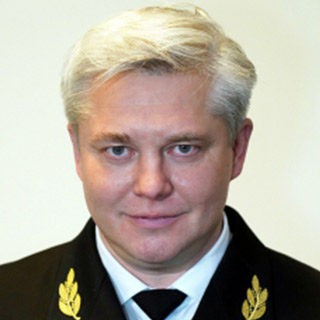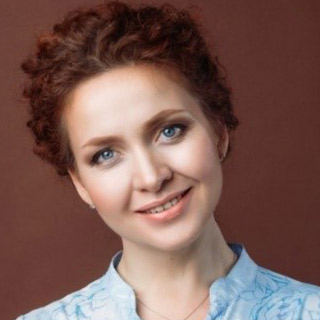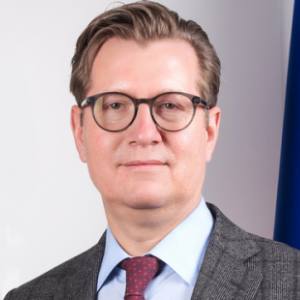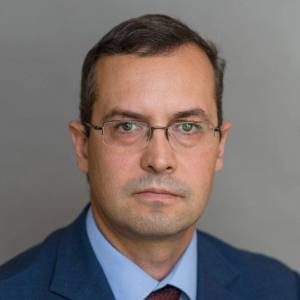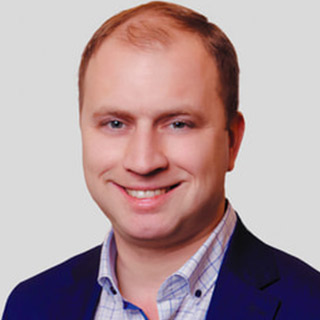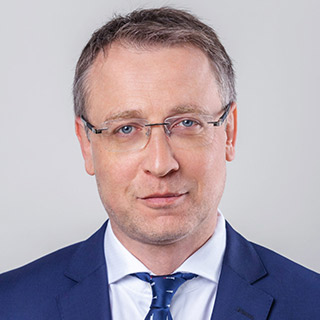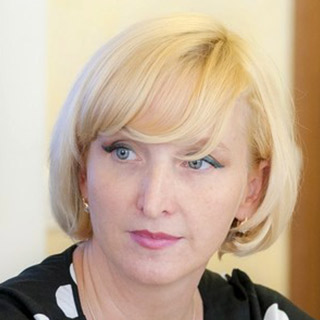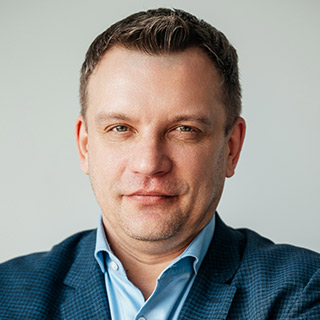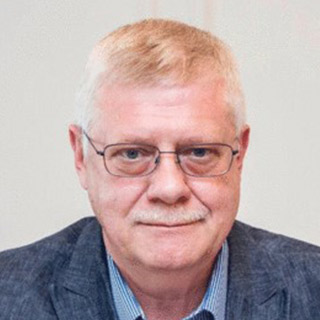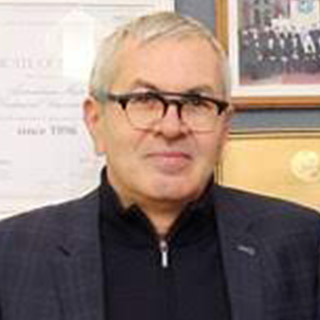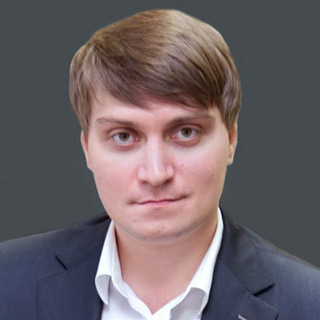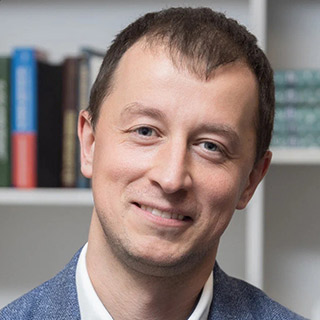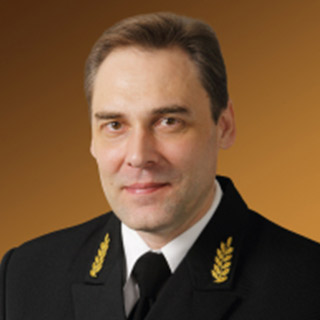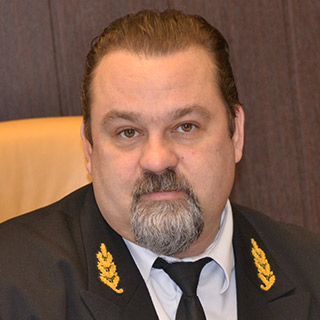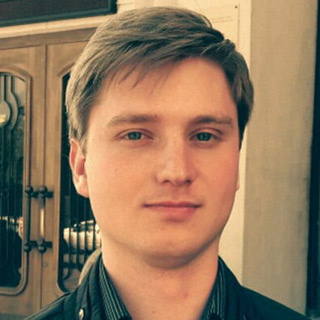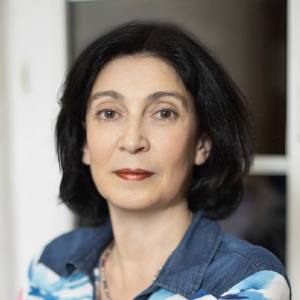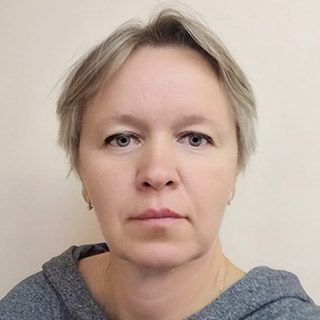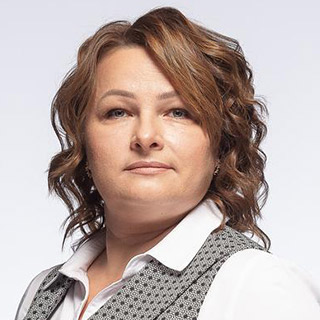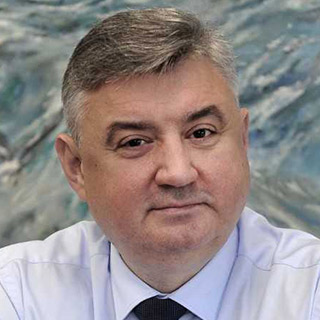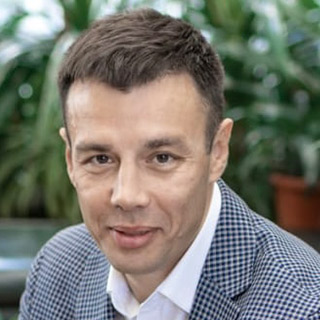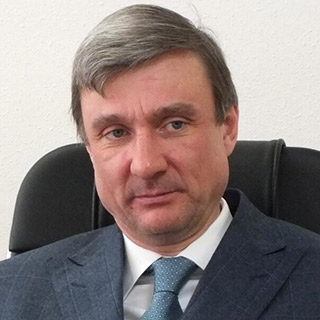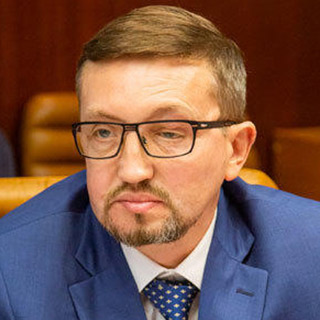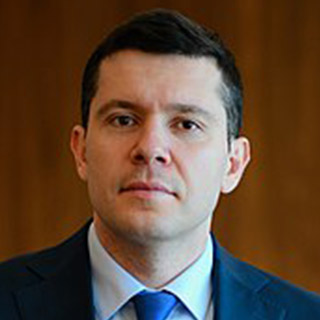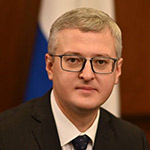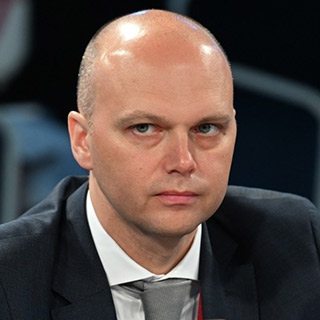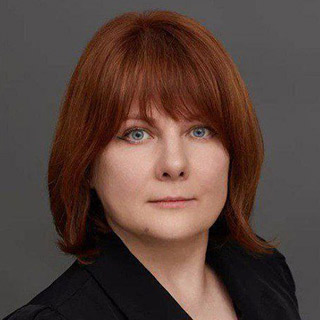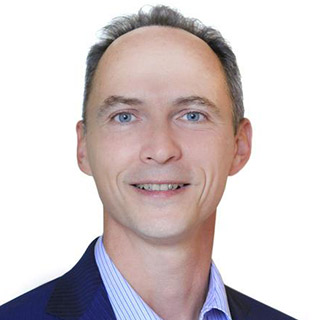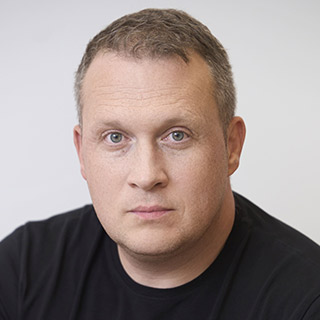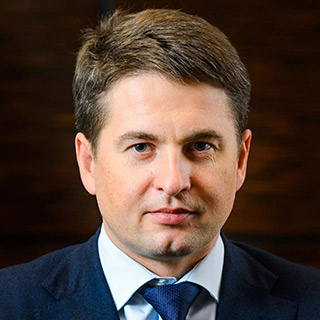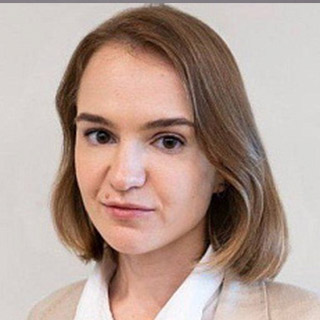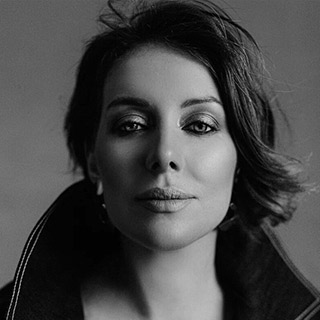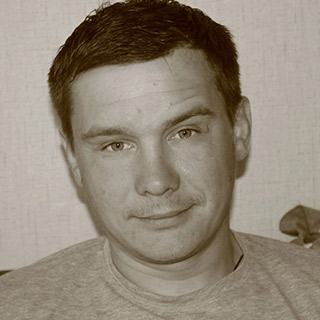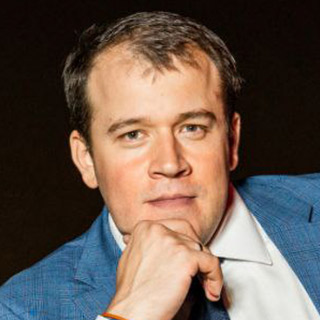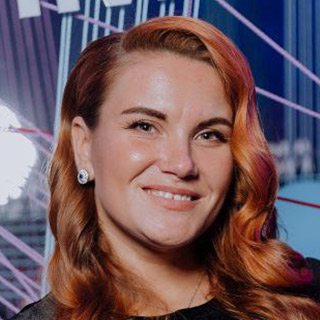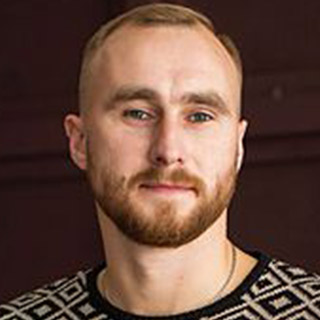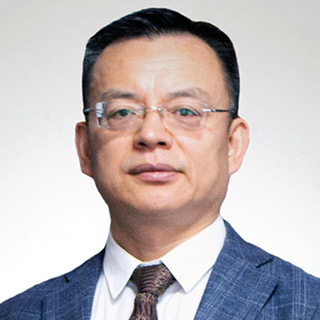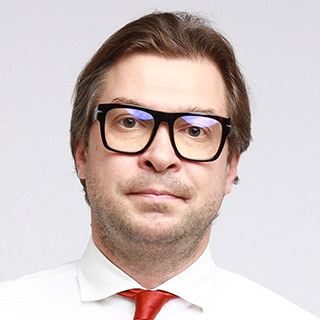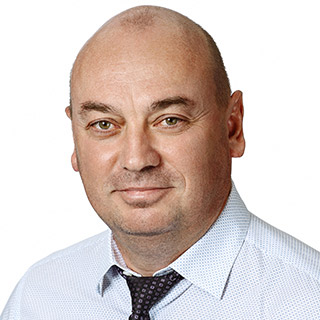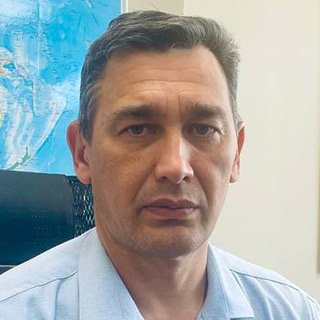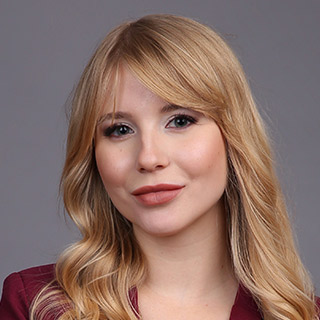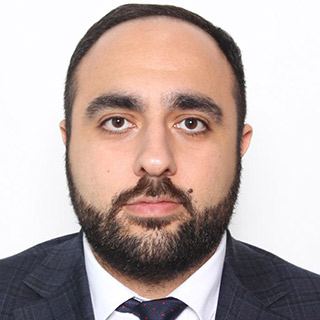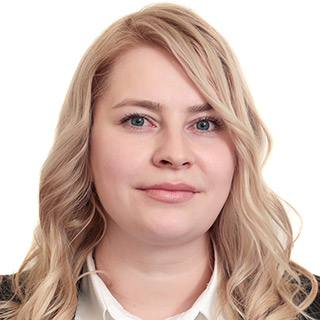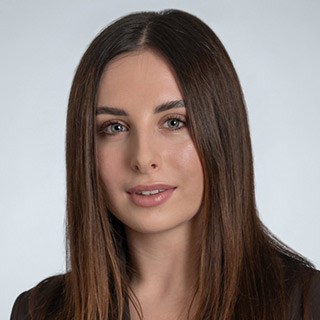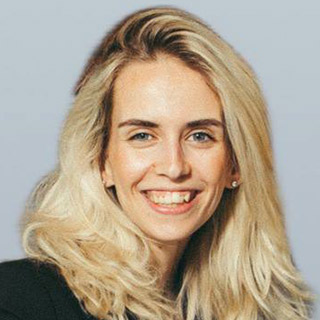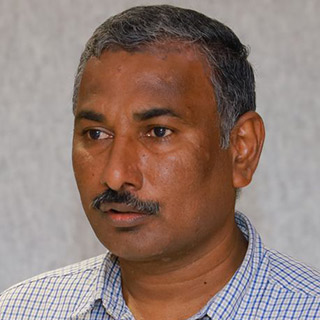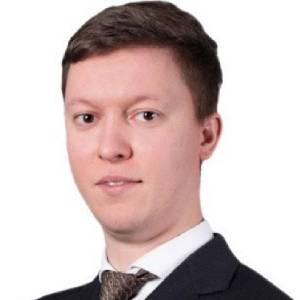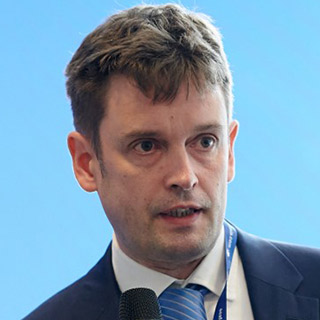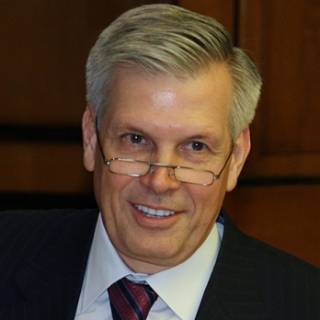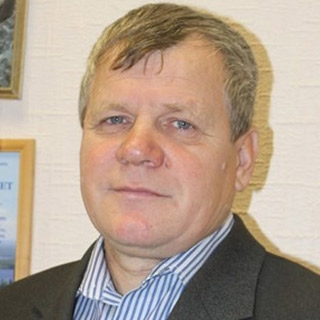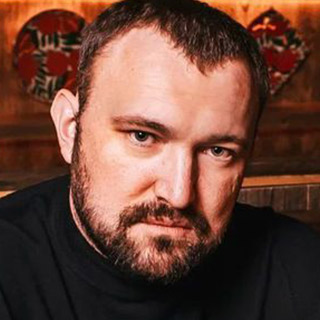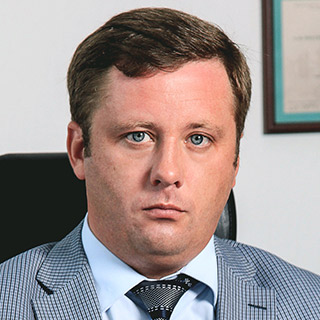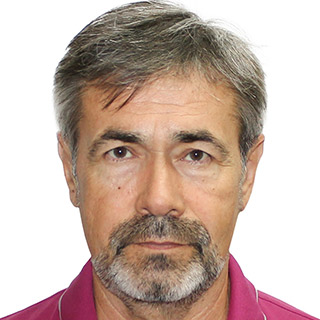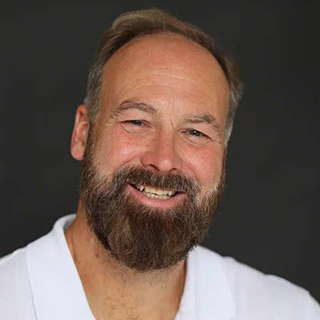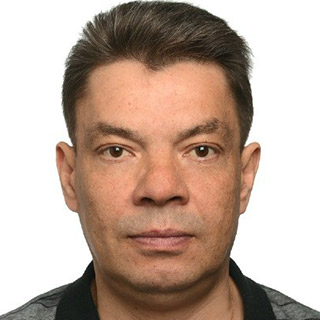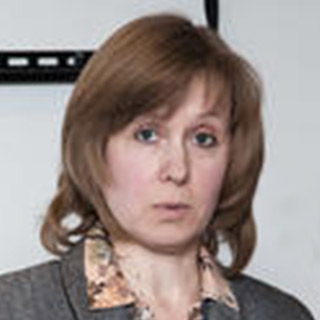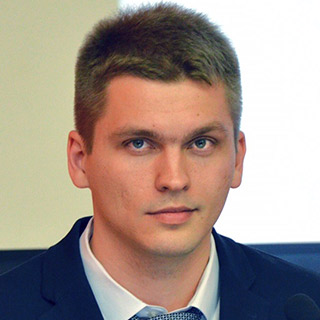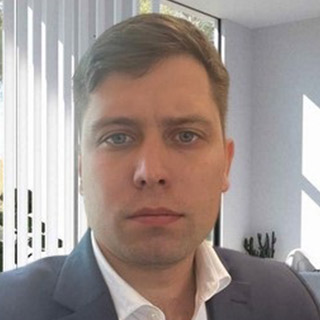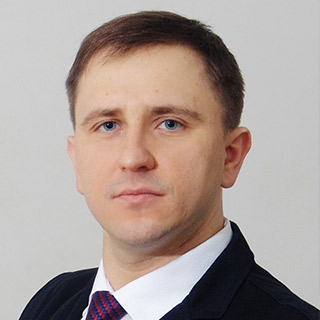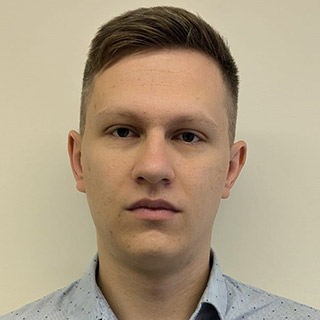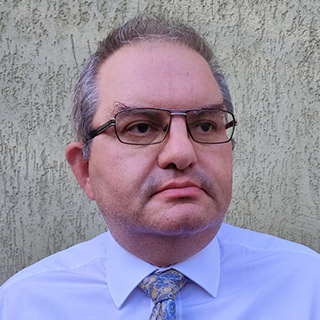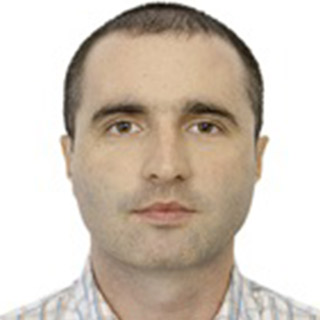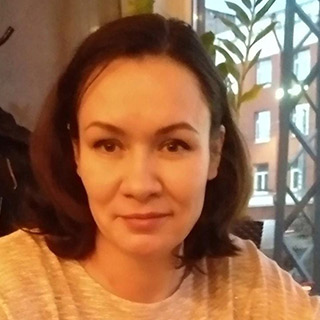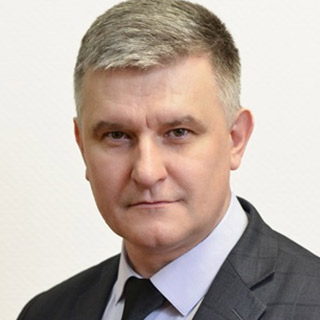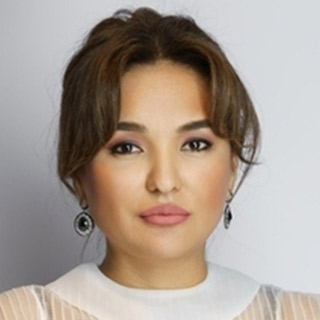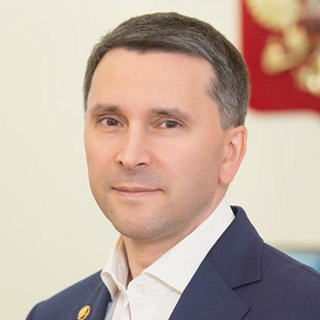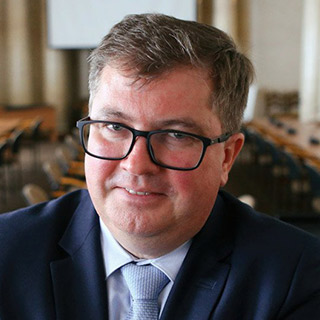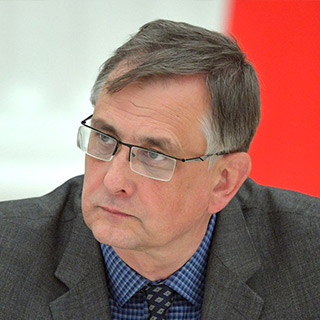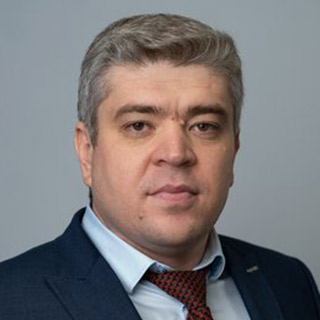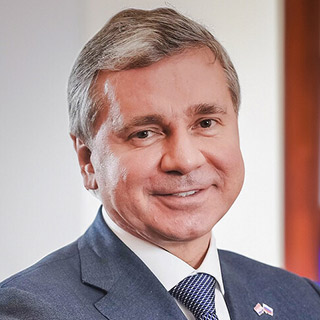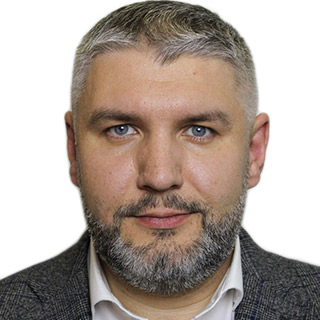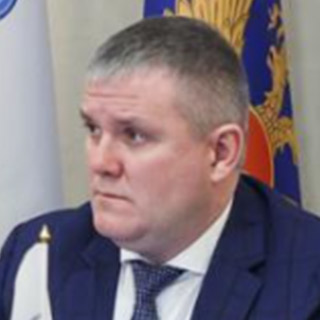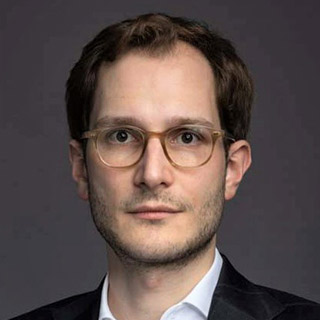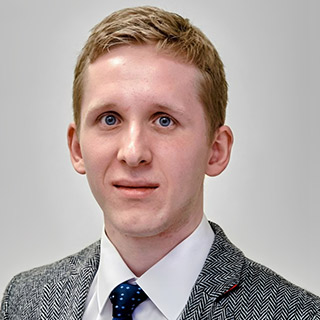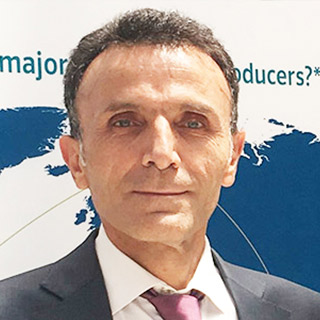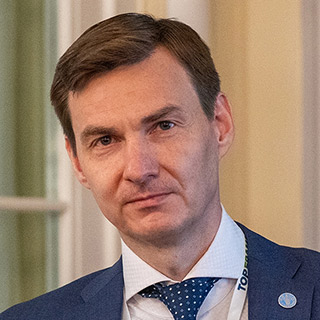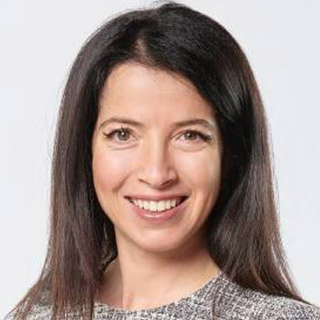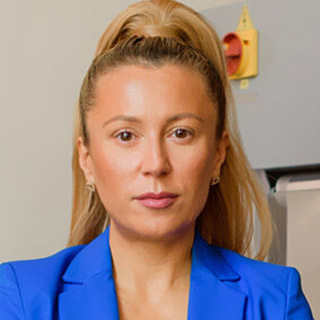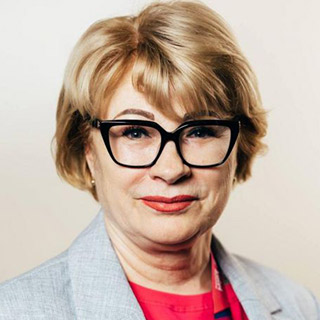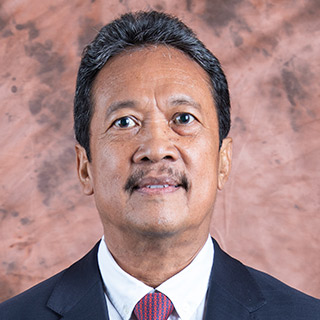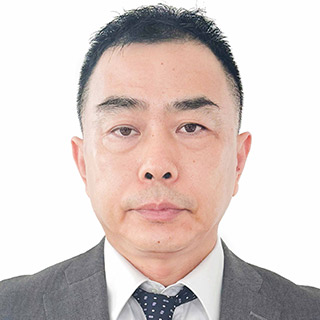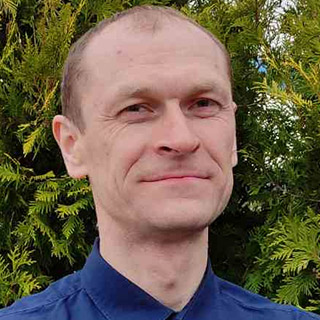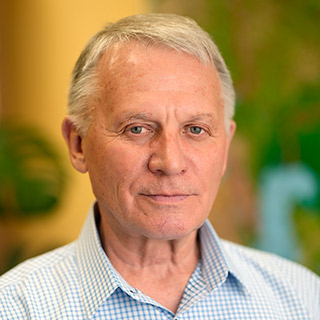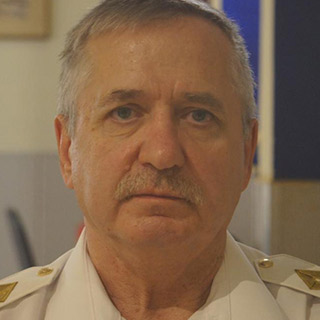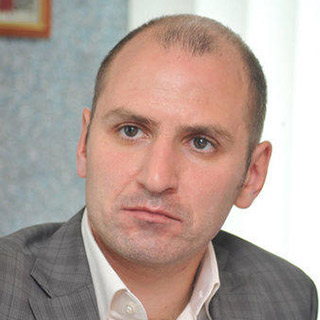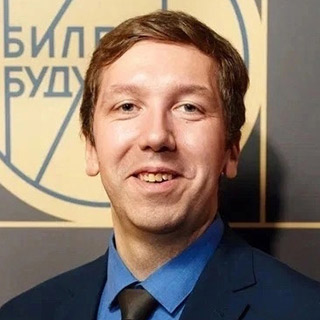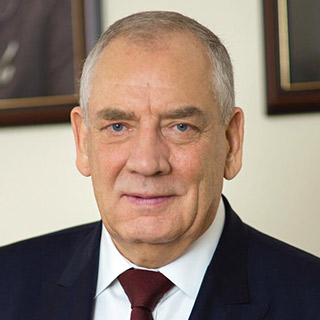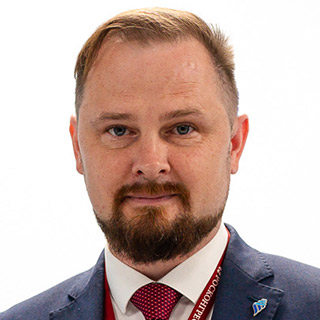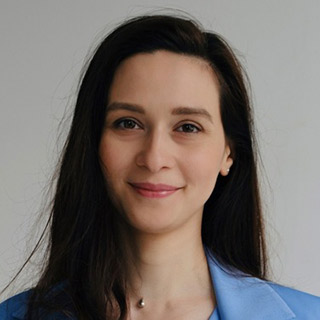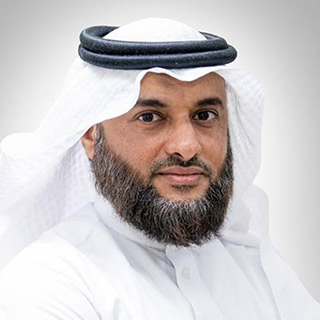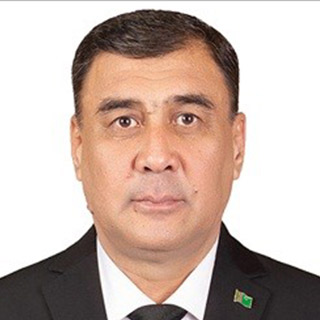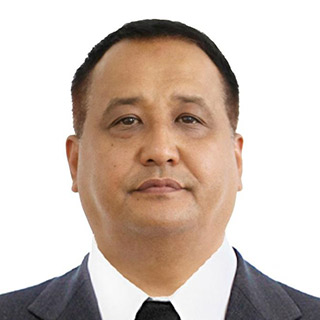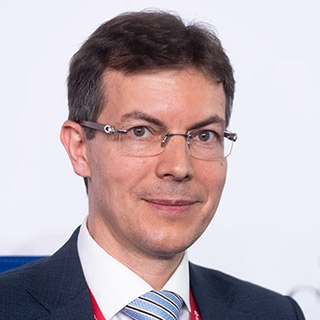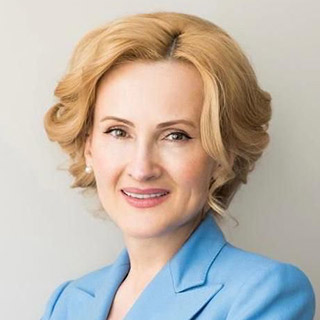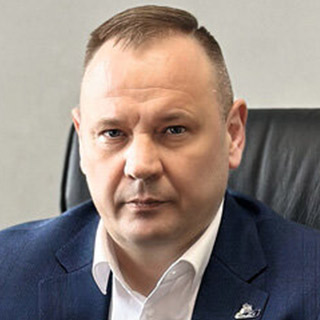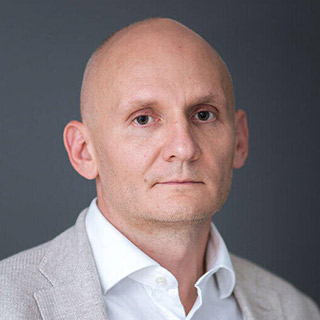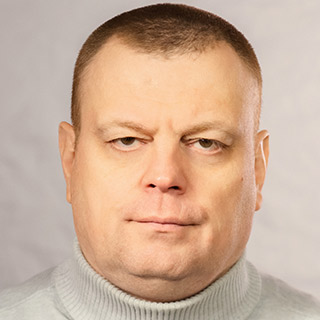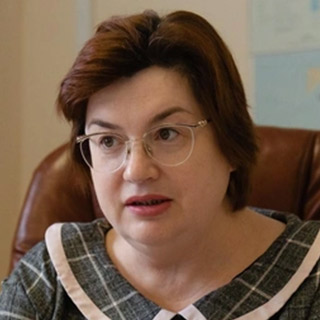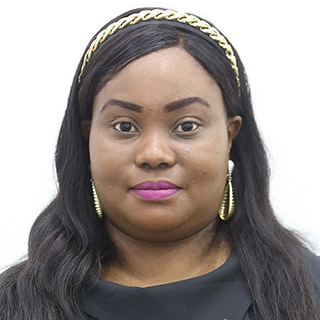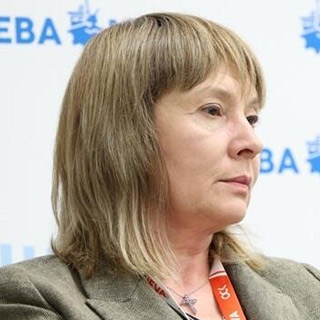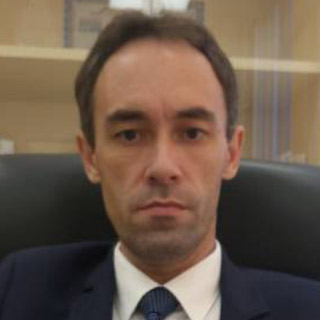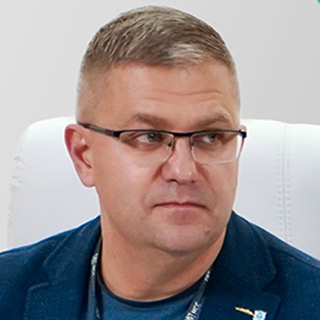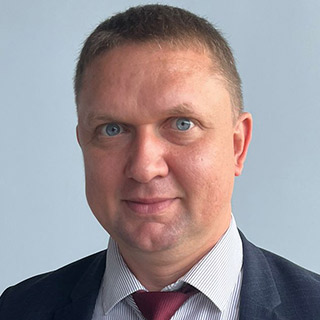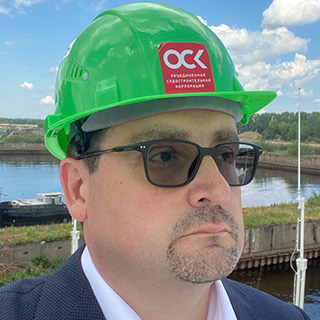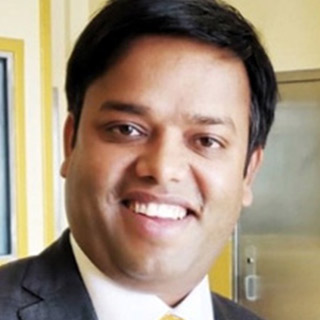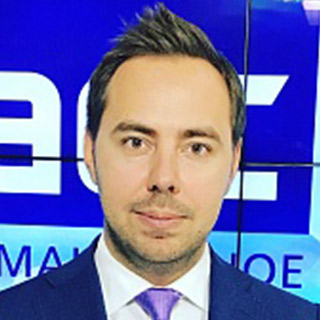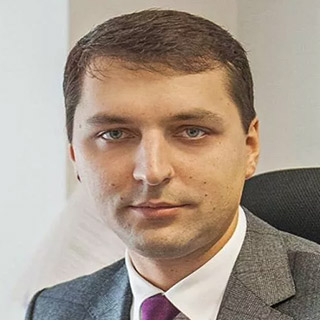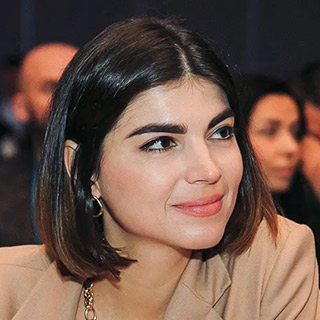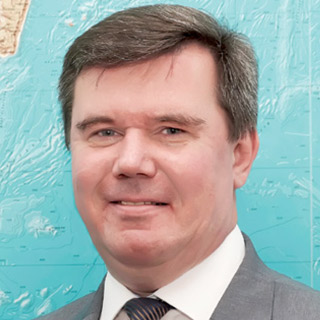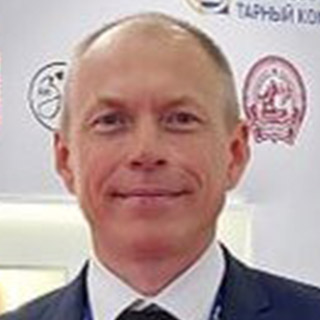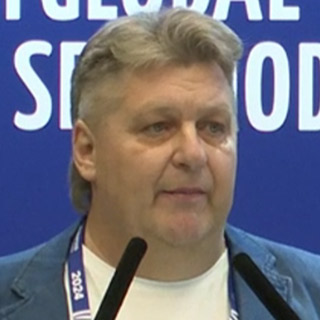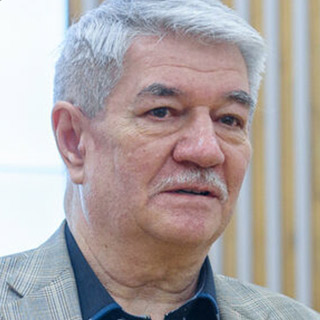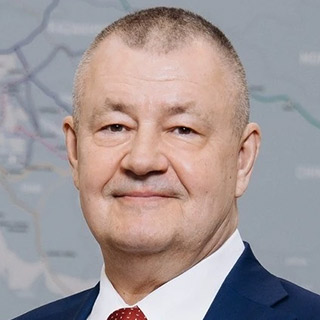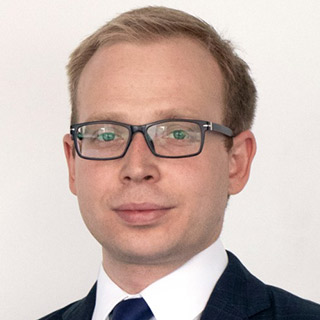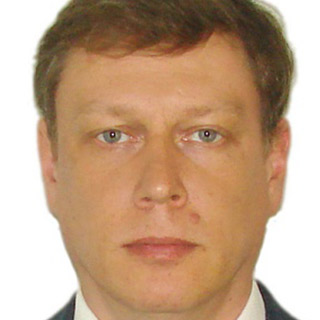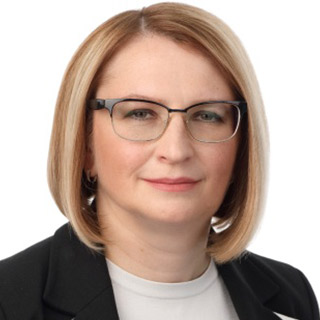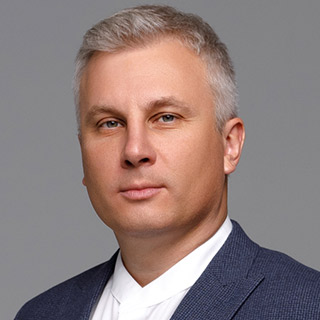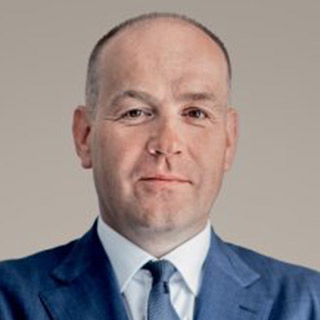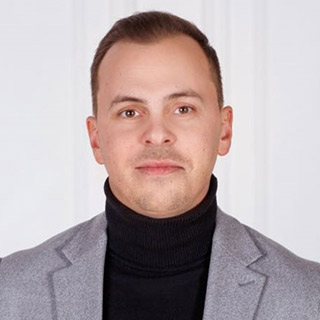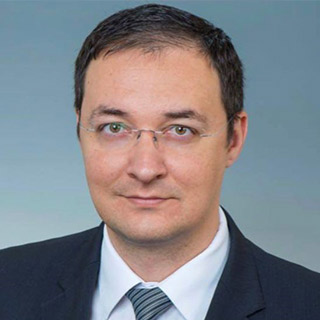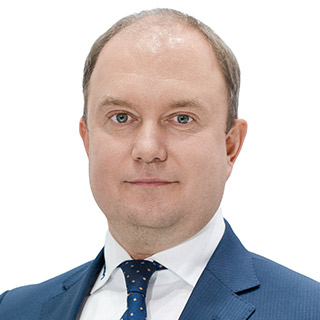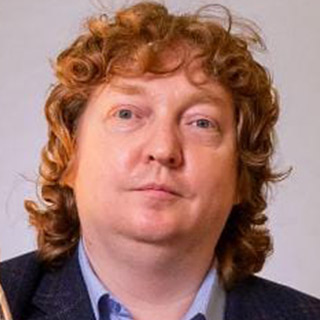September, 16-18, 2026, Saint Petersburg
-
Registration
-
Roundtable “Unbroken Cold Chain: effective logistics of fishery products”
Event details:
Unbroken cold chain for the fishery industry today is more than just a preferred element of transportation and storage – it is a key necessity for delivering high-quality products from the place of catch or production to the tables of final consumers.
The Cold Chain project is a priority initiative for the International Coordinating Council on Trans-Eurasian Transportation (CCTT) that is championed by the President of the Association of Food Sector Organizations (ASORPS).
The roundtable will examine real-life cases and promising areas for the development of the unbroken cold chain as applicable to the transportation of frozen and chilled fish products.
Topics to discuss:
- The role of logistics in the fish industry in ensuring food security
- Transportation of fish and seafood key challenges and solutions
- Maintaining the cold chain in fish logistics as a factor in international trade operations
- Opportunities and geography of fish cargo transportation through Russian ports and direct rail connections business cases
- Secrets of fish logistics for HoReCa
Welcome speech:
- Oleg Kobiakov, Director, FAO Russia Liaison Office
Speakers:
- Andrey Grechkin, General Director, Dalreftrans (FESCO Transportation Group)
- Manish Kumar, President, Soltex Group, Deputy Chairman, Moscow Chamber of Commerce and Industry,Member of the Board, FBA EAC
- Ekaterina Kobeletskaya, Chief Operating Officer, Unifrost LLC
- Dmitry Nikitin, President, EuroSib SPb-TS JSC
- Vladimir Krutov, Managing Partner, Fortis Invest
- Oleg Ryabov, Category Director, “Ultrafresh” Division, Perekrestok Retail Chain
- Evgeny Meshcheryakov, Professional Chef and Food Production Technologist; Restaurant Projects: Blok,Zhivago, Beluga, UmiOysters, More na Patrikakh; Founder, Dary Rusi Company
- Alexey Borisov, Founder and CEO, Fishtrans LLC
- Evgeny Shikaev, head of the St. Petersburg branch, Transit LLC
Welcome speech:

Oleg Kobiakov
Director, FAO Russia Liaison OfficeSpeakers:
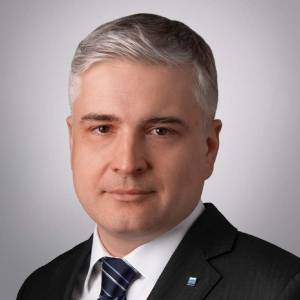
Andrey Grechkin
General Director, Dalreftrans (FESCO Transportation Group)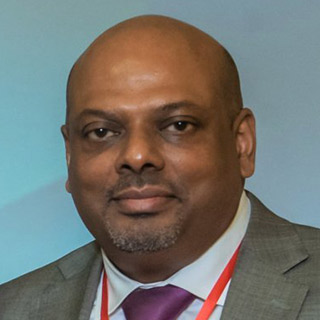
Manish Kumar
President, Soltex Group, Deputy Chairman, Moscow Chamber of Commerce and Industry, Member of the Board, FBA EAC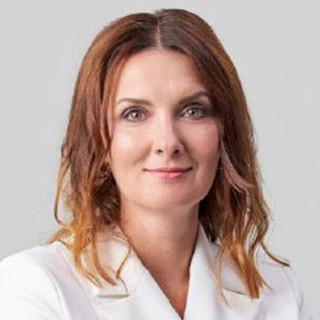
Ekaterina Kobeletskaya
Chief Operating Officer, Unifrost LLC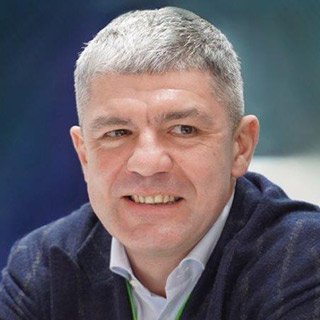
Dmitry Nikitin
President, EuroSib SPb-TS JSC
Vladimir Krutov
Managing Partner, Fortis Invest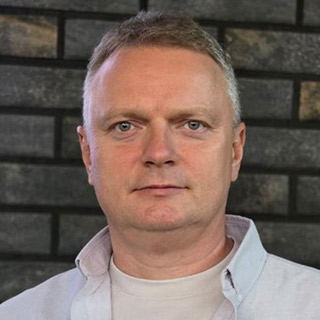
Oleg Ryabov
Category Director, “Ultrafresh” Division, Perekrestok Retail Chain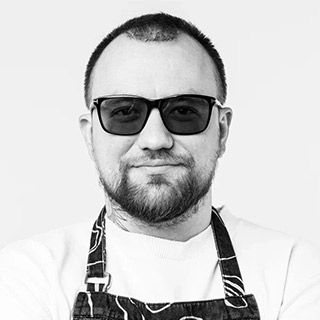
Evgeny Meshcheryakov
Professional Chef and Food Production Technologist; Restaurant Projects: Blok, Zhivago, Beluga, UmiOysters, More na Patrikakh; Founder, Dary Rusi Company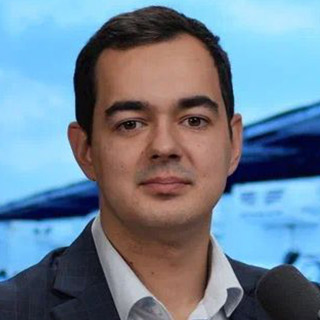
Alexey Borisov
Founder and CEO, Fishtrans LLC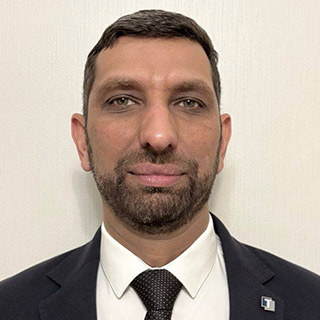
Evgeny Shikaev
Head of the St. Petersburg branch, Transit LLCModerators:
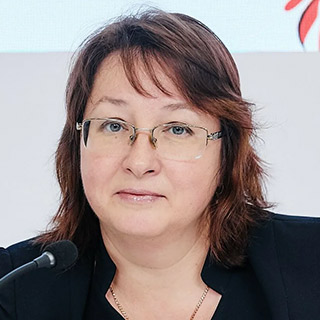
Natalia Stepanova
Deputy Secretary General, International Coordinating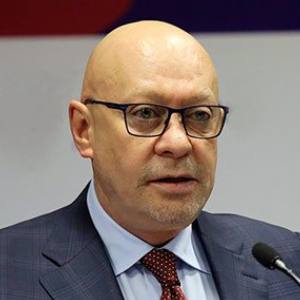
Mikhail Sinev
President Association of Grocery Sector Organisations (ASORPS)Organizers:
-
Roundtable “Artificial Intelligence: New Opportunities for the Fishery Industry”
Event details:
Today, artificial intelligence is not only a tool for scientific research but also a real driver of change across various industries. For the fishery sector, AI opens up new opportunities: from accurate catch forecasting and optimization of production processes to intelligent systems for resource monitoring and support for managerial decision-making.
Universities are actively implementing machine learning, computer vision, and natural language processing technologies, creating new scientific approaches and practical solutions for the sustainable development of the fisheries complex. The prospects for using AI in industry enterprises are expanding: intelligent systems enable increased production efficiency, rational resource use, and the development of modern management models.
The roundtable provides a platform for experience exchange, discussion of prospects and challenges, and the establishment of international cooperation in AI applications. During the discussion, we will review examples from university practice and explore case studies of AI integration into the operations of fishery enterprises.
Speakers:
- Andrey Yakovlev, Deputy Head, Federal Agency for Fisheries
- Vladislav Ivanenko, CEO, LLC “Sputniks”
- Gulshat Zhumatova, Head of the Laboratory for Integrated Research and Monitoring “Caspian”, K. Dosmukhamedov Atyrau University, Republic of Kazakhstan
- Salamat Idrisov, Chairman of the Board – Rector, K. Dosmukhamedov Atyrau University, Republic of Kazakhstan, PhD in Pedagogy
- Andrey Ronzhin, Director, St. Petersburg Federal Research Center of the Russian Academy of Sciences; Doctor of Technical Sciences, Professor
- Galina Peshkova, Vice-Rector for Development of the University Complex, St. Petersburg State University of Aerospace Instrumentation; Doctor of Economics, Professor
- Alexander Charkin, Deputy Director for Scientific Work, V.I. Il’ichev Pacific Oceanological Institute of the Russian Academy of Sciences, Candidate of Geological and Mineralogical Sciences
- Elena Chertina, Director, Research and Educational Center for Professional Competencies, Astrakhan State Technical University; Candidate of Technical Sciences, Associate Professor
- Oksana Ogiy, First Vice-Rector of Kaliningrad State Technical University (KSTU)
- Pavel Pastukhov, Vice-Rector for Strategic Development, Digitalization and Youth Policy, Far Eastern State Technical Fisheries University
Speakers:
Andrey Yakovlev
Deputy Head, Federal Agency for FisheriesVladislav Ivanenko
CEO, LLC “Sputniks”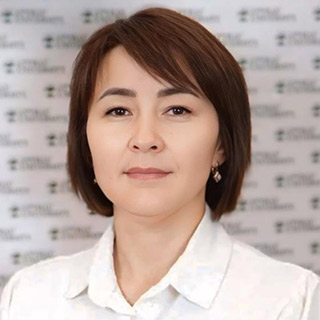
Gulshat Zhumatova
Head of the Laboratory for Integrated Research and Monitoring “Caspian”, K. Dosmukhamedov Atyrau University, Republic of Kazakhstan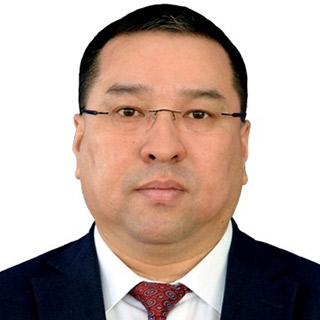
Salamat Idrisov
Chairman of the Board – Rector, K. Dosmukhamedov Atyrau University, Republic of Kazakhstan, PhD in Pedagogy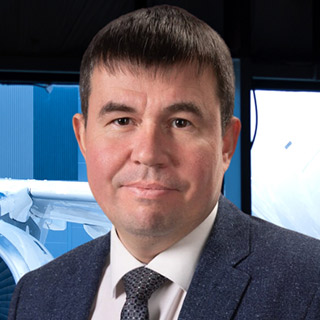
Andrey Ronzhin
Director, St. Petersburg Federal Research Center of the Russian Academy of Sciences; Doctor of Technical Sciences, Professor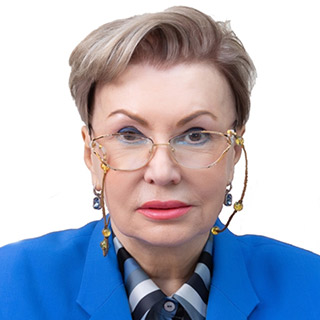
Galina Peshkova
Vice-Rector for Development of the University Complex, St. Petersburg State University of Aerospace Instrumentation; Doctor of Economics, Professor
Alexander Charkin
Deputy Director for Scientific Work, V.I. Il’ichev Pacific Oceanological Institute of the Russian Academy of Sciences, Candidate of Geological and Mineralogical Sciences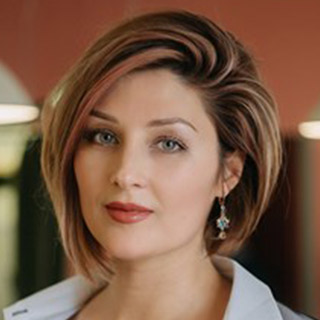
Elena Chertina
Director, Research and Educational Center for Professional Competencies, Astrakhan State Technical University; Candidate of Technical Sciences, Associate Professor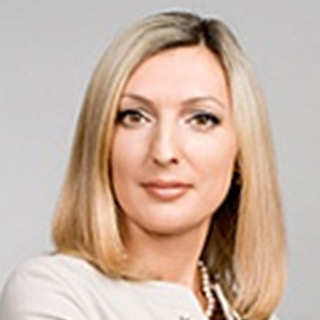
Oksana Ogiy
First Vice-Rector of Kaliningrad State Technical University (KSTU)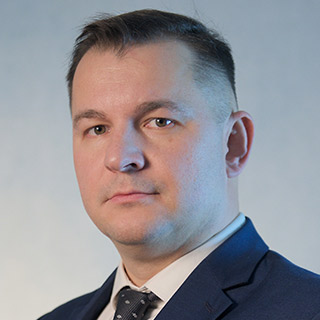
Pavel Pastukhov
Vice-Rector for Strategic Development, Digitalization and Youth Policy, Far Eastern State Technical Fisheries UniversityModerator:
Irina Kvyatkovskaya
Vice-Rector for Academic Affairs and International Activities, Astrakhan State Technical University, Doctor of Technical Sciences, ProfessorOrganizers:
-
Roundtable “Import substitution in shipbuilding – plans and reality”
Event details:
In May 2025, a new Strategy for the Development of the Shipbuilding Industry was approved, covering the period up to 2036, with a long-term outlook to 2050. Under the baseline scenario, the strategy envisions the construction of 119 fishing vessels by 2030, 160 vessels between 2031 and 2036, and 465 vessels by 2050.
To implement these plans, the domestic ship equipment manufacturing industry must be prepared to produce the required volume of components and cover the majority of the equipment range.
- Defining new government support measures to facilitate the construction of the fishing fleet
- Including specific ship component production projects in targeted programs (with subsequent funding) based on the new shipbuilding development strategy
- Import substitution in shipbuilding – operating under current localization requirements for Russian-made ship equipment (with priority given to domestic equipment on vessels)
- Identifying solutions to current industry challenges, including the inability to localize certain types of ship equipment
As part of the roundtable, together with representatives of the Department of Shipbuilding and Marine Equipment of the Ministry of Industry and Trade, the Ministry of Agriculture, the Federal Agency for Fisheries, the Russian Maritime Register of Shipping, the KURS Central Research Institute, the United Shipbuilding Corporation, shipyards, and equipment manufacturers, it is proposed to develop recommendations for inclusion in state programs, as well as to identify the most pressing issues in the field of fishing fleet construction that require funding and increased attention from the Department of Shipbuilding and Marine Equipment.
Speakers:
-
Dmitry Stoyanov, Deputy CEO for Civil Marine Engineering, Kurs Central Research Institute JSC (TsNII “Kurs”)
Implementation of the import substitution program in shipbuilding: localization requirements for the construction of fishing vessels -
Irina Panchenko, Senior Vice President, Leningrad Regional Chamber of Commerce and Industry
Current issues in confirming the production of industrial products within the territory of the Russian Federation for fishing vessel manufacturers -
Lev Zasypko, Deputy General Director, LLC “Marine Complex Systems”
Russian fish – domestic processing solutions - Yuri Lashmanov, Head of Strategic Communications and Marketing Department, Russian Maritime Register of Shipping
-
Alexey Semkin, commercial director, Promtekhnologii
Russian-made auxiliary equipment for engine rooms: boilers, separators, and desalination systems
Speakers:
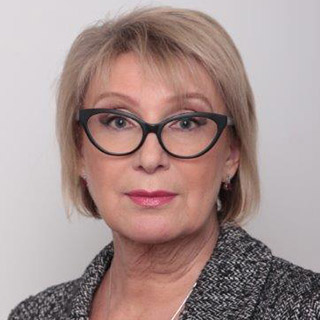
Irina Panchenko
Senior Vice President, Leningrad Regional Chamber of Commerce and Industry
Lev Zasypko
Deputy General Director, LLC “Marine Complex Systems”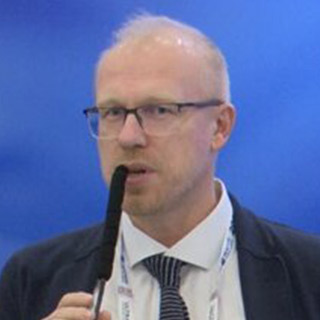
Yuri Lashmanov
Head of Strategic Communications and Marketing Department, Russian Maritime Register of Shipping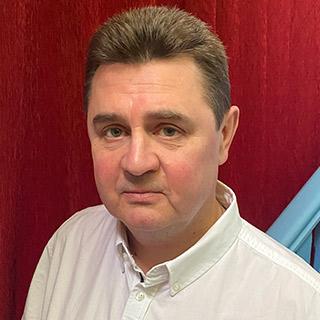
Alexey Semkin
Commercial director, PromtekhnologiiModerator:
Dmitry Stoyanov
Deputy CEO for Civil Marine Engineering, Kurs Central Research Institute JSC (TsNII “Kurs”)Organizers:
-
Biohackathon "FARWATER": Final
Event details:
Biohackathon "FARWATER" is the final stage of a nationwide competition for innovative projects in the field of marine biotechnology, organized by the Federal Agency for Fisheries with the support of BIT Scientific and Production Association LLC.
The event brings together students, young researchers, and developers to create breakthrough solutions for the fisheries industry and marine bioresources.
Participants work on real-life cases provided by leading industry enterprises across four main tracks:
- innovative technologies for harvesting and processing marine algae
- environmentally sustainable aquaculture systems
- breakthrough concepts addressing global human challenges
- educational programs and digital tools to raise awareness of marine biotechnology
Teams develop working prototypes and present their solutions to an expert jury. Winners gain the opportunity to implement their projects with support from industry partners and to pursue careers in leading companies within the fisheries sector.
Chair of the Jury:
- Vasily Sokolov, Deputy Head, Federal Agency for Fisheries
Jury:
- Alexey Baitaliuk, Deputy Director – Head of the Pacific branch of VNIRO (TINRO)
- Ilya Rakovsky, Chairman, Karelian Fisheries Union
- Tatyana Puchkova, Chairwoman of the Board, Russian Perfume and Cosmetic Association (RPKA)
- Anatoly Khitrov, Owner, NPO Biomedical Innovative Technologies LLC
- Evgeny Masyutkin, Rector, Kerch State Marine Technological University
- Dmitry Klyuneev, Director, Fisheries Development Department, Far East and Arctic Development Corporation
- Mr. Duan Delin, Professor at the Institute of Oceanology, Chinese Academy of Sciences
Chair of the Jury:
Vasily Sokolov
Deputy Head, Federal Agency for FisheriesJury:
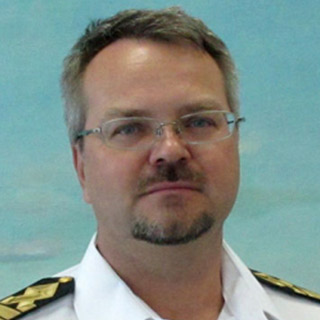
Alexey Baitaliuk
Deputy Director – Head of the Pacific branch of VNIRO (TINRO)Ilya Rakovsky
Chairman, Karelian Fisheries Union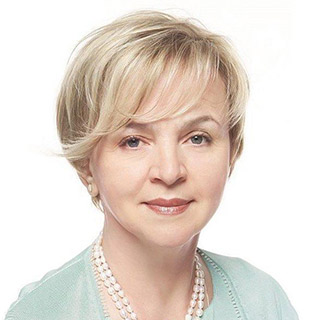
Tatyana Puchkova
Chairwoman of the Board, Russian Perfume and Cosmetic Association (RPKA)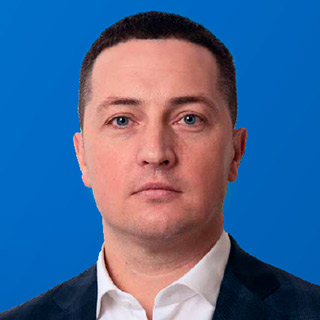
Anatoly Khitrov
Owner, NPO Biomedical Innovative Technologies LLC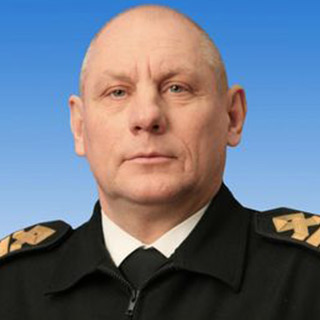
Evgeny Masyutkin
Rector, Kerch State Marine Technological University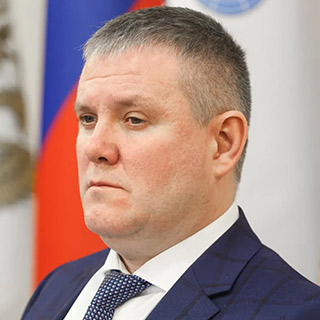
Dmitry Klyuneev
Director, Fisheries Development Department, Far East and Arctic Development Corporation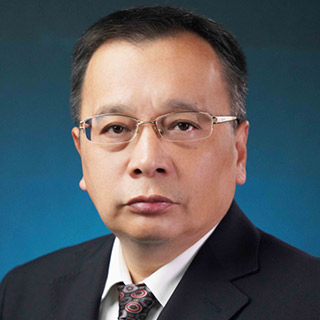
Mr. Duan Delin
Professor at the Institute of Oceanology, Chinese Academy of SciencesModerators:

Pavel Pastukhov
Vice-Rector for Strategic Development, Digitalization and Youth Policy, Far Eastern State Technical Fisheries University
Tatyana Kivaeva
Deputy Head of the Publishing House “Glavrybvod”, Editor-in-Chief of Russian Fish MagazineOrganizers:
-
Roundtable “The effectiveness of cooperation between government and business to promote Russian fishery products”
Event details:
Production companies are constantly seeking effective ways to promote fish products. At the same time, most of them currently operate independently and in a fragmented manner, without participating in a unified marketing strategy alongside government bodies or industry peers.
To address this, the Autonomous Nonprofit Organization “Agency for the Promotion of Fish Products” has developed a communication strategy and brand platform under the name “Russian Fish.”
Presentation of the communication strategy and the brand platform “Russian Fish”
Speakers:
- Jacob Adamov, CEO, Autonomous Non-Profit Organization “Agency for the Promotion of Fish Products”
- Margo Vorontsova, Brand Strategist, es-sence agency, Co-author of the Brand Platform
- Vasiliy Yashchuk, Director of Creative Division, Kokos Group
- Pavel Zyumkin, Art Director and Designer, es-sence Communications Agency
Key sections of the presentation:
- Challenges and objectives: increasing domestic fish consumption to meet Ministry of Health standards; fostering sustainable eating habits
- Consumption analysis: market data, comparison with international practices
- Barriers: affordability, perception of fish among young people
- Communication strategy: unified brand platform “Russian Fish”, social advertising, content campaigns
- Media strategy and touchpoints: TV, digital, bloggers, “fish weeks”, food festivals
- Roadmap: steps for 2025–2027, pilot projects, KPIs
Panel discussion on the presented strategy and brand platform with industry participants
Speakers:
- Ilya Shestakov, Head, Federal Agency for Fisheries
- Alexander Panin, Chairman, Fish Union
- Stanislav Aksenov, Member of the Board of Directors, Russian Fishery Company (RFPC), President, Association of Fishing Fleet Owners
- Alexey Buglak, President, Pollock Catchers Association
- Vlad Sitnikov, Creative Strategist and Entrepreneur, Partner at GRAPE Creative Agency, Founder of Beztender.rf, Editor-in-Chief of Hot-Digital.ru, Jury Member at Webby Awards
- Yuri Vyushin, Deputy CEO for Development of Hotel Services, Tutu.ru
- Natalya Krapil, Marketing Director, Unifrost
- Alexandra Sukhareva, Head, Departments of Fruits and Vegetables and Ultra-Fresh category, Perekrestok
Topics to discuss:
- Brand perception and consumer trust
- How do experts assess the potential of a unified communication strategy?
- What is needed to increase trust in Russian fish products?
- Market integration
- How can the catch-to-retail chain be optimized more effectively?
- Is it possible to establish long-term producer–retailer contracts?
- Business participation in pilots
- Is the industry ready to take part in implementing the strategy and joint activations?
- Are companies willing to support voluntary labeling as part of the roadmap and communication strategy?
- Government support
- What measures are needed to support the industry?
- Successful examples
- Promoting Far Eastern pollock: what can be scaled up?
- Which positive examples from international practice could be applied in Russia?
Speakers:
Ilya Shestakov
Head, Federal Agency for Fisheries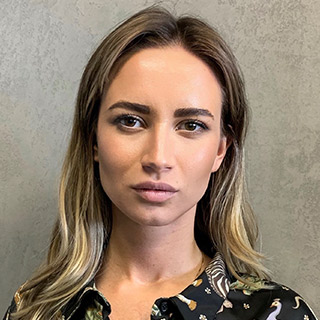
Margo Vorontsova
Brand Strategist, es-sence agency, Co-author of the Brand Platform
Vasiliy Yashchuk
Director of Creative Division, Kokos Group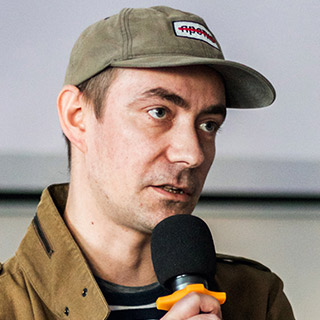
Pavel Zyumkin
Art Director and Designer, es-sence Communications Agency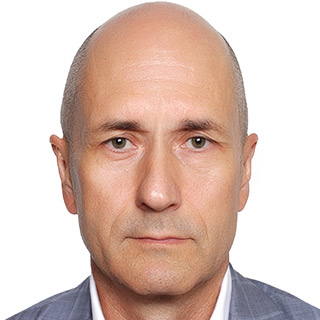
Alexander Panin
Chairman, Fish Union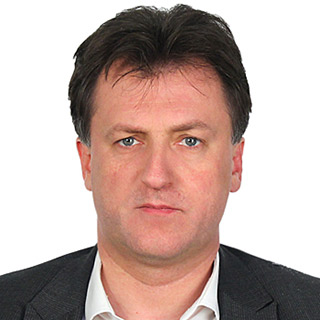
Stanislav Aksenov
Member of the Board of Directors, Russian Fishery Company (RFC), President, Association of Fishing Fleet Owners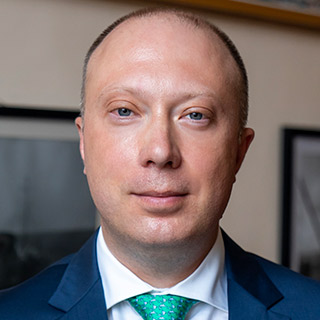
Alexey Buglak
President, Pollock Catchers Association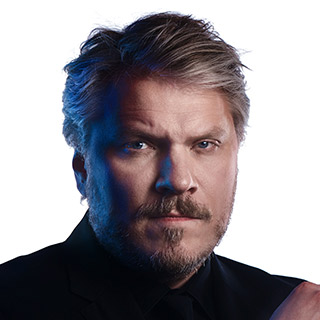
Vlad Sitnikov
Creative Strategist and Entrepreneur, Partner at GRAPE Creative Agency, Founder of Beztender.rf, Editor-in-Chief of Hot-Digital.ru, Jury Member at Webby Awards
Yuri Vyushin
Deputy CEO for Development of Hotel Services, Tutu.ru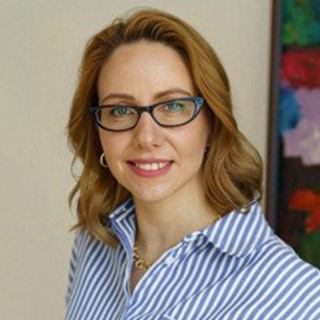
Natalya Krapil
Marketing Director, Unifrost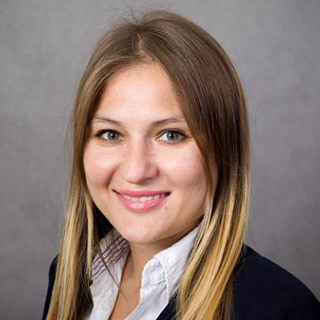
Alexandra Sukhareva
Head, Departments of Fruits and Vegetables and Ultra-Fresh category, PerekrestokModerator:
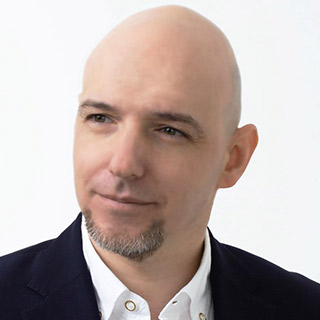
Jacob Adamov
CEO, Autonomous Non-Profit Organization “Agency for the Promotion of Fish Products”Organizers:
-
Roundtable “Industrial Fleet – Moving from Present to Future”
Event details:
The shipbuilding sector for the commercial fleet has undergone radical changes over the past three years. Following the exit of domestic design bureaus and equipment suppliers from the Russian shipbuilding market, all participants in this sector faced a range of challenges.
Domestic design bureaus have had to take on the responsibility of supervising the construction of vessels based on foreign designs. The cessation of imported equipment supplies has necessitated vessel redesigns and the search for new suppliers of ship equipment, which has increased the time required for vessel development and construction. Additionally, longstanding issues at shipyards remain, including meeting construction deadlines, calculating labor intensity, and determining project costs.
Moreover, after the departure of foreign design bureaus from Russia, the industry has faced a vacuum of modern concept designs for commercial vessels, including research vessels for fisheries and transport vessels for fish logistics, based on domestic equipment and equipment from allied countries.
Today, to ensure the implementation of the shipbuilding industry development strategy through 2050, which includes the construction of 2,634 commercial vessels, the domestic design sector must prepare a standardized Russian fleet of fishing vessels.
This work is only possible in cooperation with customers and domestic shipboard equipment manufacturers, supported by a range of administrative measures and subsidies. Furthermore, to enhance collaboration among design and engineering organizations, material and equipment suppliers, and shipbuilding and ship repair enterprises across the Russian Federation, the following tasks must be addressed: the introduction and development of competencies for working with 3D models at shipyards; the establishment of a database of accredited Russian manufacturers of materials and shipboard equipment; and regulatory and financial incentives to stimulate demand for domestically produced materials and shipboard components.
Topics to discuss:
- Analysis of the current situation in the commercial fishing fleet shipbuilding sector
- Analysis of shipyard collaboration experience from the client’s perspective
- Development of a range of domestic concept designs for commercial vessels, taking into account modern requirements and the experience of foreign design bureaus
- Establishment of cooperation with clients for the creation of vessel concept designs
- Identification of critical shipboard equipment and materials, and assessment of the feasibility of using Russian equipment in domestic concept designs for commercial vessels
- Enhancement of the competitiveness of Russian commercial vessel projects in terms of timelines and quality
- Identification of the most pressing areas (in the design of specific vessels) for potential inclusion in state programs and project subsidies
- Development of possible cooperation between various design bureaus
Speakers:
-
Konstantin Globenko, General Director, RRPK
Experience in shipbuilding at Russian shipyards -
Nikolay Nazarenko, Deputy CEO for Fleet Development and Modernization, SZRK
Experience in building commercial fishing vessels – positive and negative aspects -
Ilya Shcherbakov, CEO, Petrobalt Design Bureau
On the working group addressing the construction of small fishing vessels -
Evgeny Voronin, technical director, Nautic Rus
How Nautic Rus tackles modern challenges in designing and building fishing vessels
Speakers:
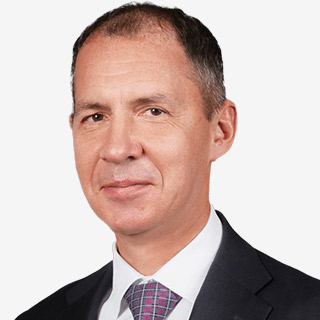
Konstantin Globenko
General Director, RRPK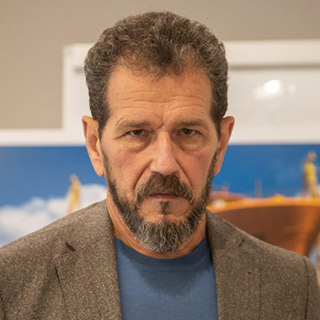
Nikolay Nazarenko
Deputy CEO for Fleet Development and Modernization, SZRK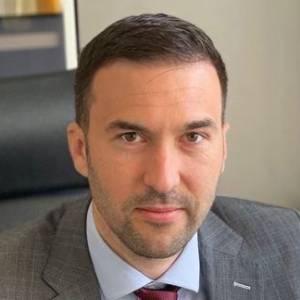
Ilya Shcherbakov
CEO, Petrobalt Design Bureau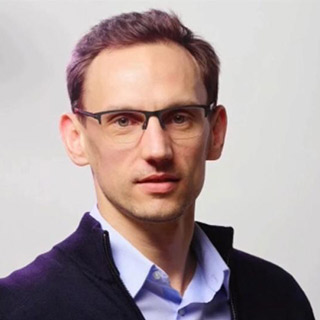
Evgeny Voronin
Technical director, Nautic RusModerator:
Vladislav Repin
Shipbuilder, expert in fishing fleet designOrganizers:
-
FishCorr awards ceremony
FishCorr is a competition for publishers, representatives of Russian media outlets and authors (including bloggers) who write and broadcast about the development of the fishery industry, restoration of aquatic bioresources and environmental issues.
The competition sponsored by the Federal Agency for Fishery has been conducted since 2019.
Organizers:
-
Golden Pollock Award for Advancing Pollock Consumption and Product Promotion by RFC
-
Roundtable “Global Trends in Fish Trade: towards sustainable future”
Event details:
The world’s oceans and inland waters are no longer an endless treasure trove, instead becoming a reflection of the global challenges facing humanity, from biodiversity loss to plastic water pollution. In addition, climate change sets its own rules: rising sea levels, increasing temperatures, acidification, and eutrophication are leading to unpredictable migrations of fish stocks, forcing coastal communities to seek new sources of income and making investors reconsider existing risks. Traditional models of aquatic ecosystems’ exploitation have reached a turning point, requiring urgent transformation of approaches to management, production and distribution. As a result, nowadays supply chain resilience depends not only on the price environment but also on the ability of all participants to adapt to this increasing turbulence.
Russia, which has enormous fisheries potential, from abundant stocks of wild fish in the Far Eastern and northern seas to the rapidly growing aquaculture sector, faces a strategic task of creating high-tech processed products with high added value while maintaining its position as a major raw material supplier. The success of this transition will determine not only the country’s position on the global market map but also the future of hundreds of coastal fishing enterprises, especially against the backdrop of large-scale infrastructure projects and the growing role of the Northern Sea Route.
Aquatic foods remain one of the most in-demand food groups in the world: over 230 countries and territories are involved in the trade in them, and the total revenue from their sales has reached a record level of USD 195 billion. According to FAO calculations, the global average consumption of fishery food products per capita has amounted to 20.7 kg. Thus, the industry provides around 15% of dietary animal proteins, and in some countries in Asia and Africa the figure exceeds 50%. At the same time, a number of regions experience shortages in the supply of traditional fish species due to increasing logistics costs, and rising fish product prices lead to changes in consumer behaviour and adjustments in demand.
In this context, FAO is proposing the Blue Transformation concept that is based on promoting sustainable international fish trade to meet the growing demand for aquatic foods; ensuring effective governance of the fisheries sector to improve the health of fish stocks and create fair livelihoods; and modernizing fish value chains to ensure their social, economic and environmental sustainability. Instead of selective improvements, this initiative proposes a systemic reset of the entire value chain in the industry, from transparent fishing conditions and the use of blockchain technologies to combat IUU fishing to maximum traceability of products and their digital labeling on store shelves.
These approaches were reflected during the recent 20th session of the Sub-Committee on Fish Trade of the FAO Committee on Fisheries (COFI:FT, 8–12 September 2025). The participants discussed the development forecast and key trends in the trade in fishery products, the progress of regulatory developments and capacity building activities, as well as greater cooperation with other international organizations. The session confirmed the leading role of FAO and its partners in fostering the changes needed to expand and intensify the global fish trade and improve the efficiency of aquatic value chains. The key outcomes of the 20th COFI:FT session will be presented during the round table, and we expect them to catalyze a lively and animated discussion about such pressing challenges of the Russian fishery sector as the sustainable use of stocks and combatting IUU fishing, the balance between export and domestic consumption, protecting the rights of producers, especially small-scale ones, and, finally, the longest land logistics route in the world and the feasibility of fish products entering the exchange
We are convinced that the popularity of the “Fish awaits!” slogan has become a thing of the past. Nowadays we need to be guided by the “People await!” principle, and together we can help ensure that fresh, high-quality, delicious, widely diverse and affordable fish and other aquatic offerings, which are so abundant in the Russian seas and inland waters, reach store shelves and our tables on time and in sufficient quantities.
The event is aimed at going beyond the formal discussion of current trends and analytical forecasts. We want to lay the foundation for practical solutions that will turn sustainable trade in fish products from an abstract concept into a competitive advantage and a functioning business model for every participant of the supply chain. Join our expert dialogue to jointly shape the fish menu of tomorrow!
Welcome speech:
- Oleg Kobiakov, Director, FAO Russia Liaison Office
- Andrey Yakovlev, Deputy Head, Federal Agency for Fisheries
Speakers:
-
Rishi Sharma, Chief Fisheries Officer, FAO Regional Office for Asia and the Pacific (online)
The State of Stocks Index (SoSI): Mitigating Trade Risks and Ensuring Sustainable Supply -
Mikhail Sinev, President, Associations of Food Sector Organizations (ASORPS)
Logistics and Sales of Russian Fish Products: Current Status and Future Prospects -
Gleb Sugakov, Research Fellow, Center for Global and Strategic Studies, Institute for African Studies of the Russian Academy of Sciences
The Ocean Economy: Promising Directions for Russia-Africa Cooperation -
Vadim Klementyev, Director of the “Gazprombank Electronic Trading Platform”
Digital Ocean: How Electronic Platforms Are Transforming the Landscape of Global Fish Trade -
Viktor Ovsyannikov, Deputy General Director, JSC “CTC Exchange”
Synergy Between Exchange and Over-the-Counter Trading of Fishery Products
Welcome speech:

Oleg Kobiakov
Director, FAO Russia Liaison OfficeAndrey Yakovlev
Deputy Head, Federal Agency for FisheriesSpeakers:
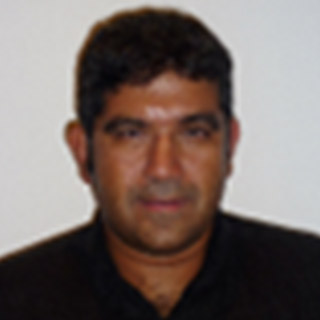
Rishi Sharma
Chief Fisheries Officer, FAO Regional Office for Asia and the Pacific (online)
Mikhail Sinev
President Association of Grocery Sector Organisations (ASORPS)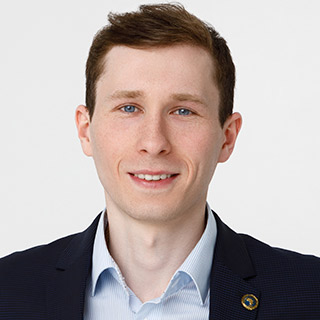
Gleb Sugakov
Research Fellow, Center for Global and Strategic Studies, Institute for African Studies of the Russian Academy of Sciences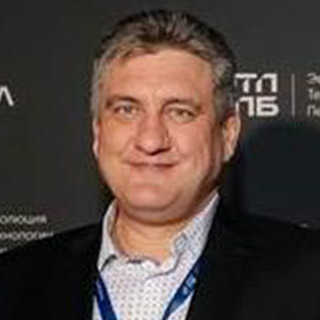
Vadim Klementyev
Director of the “Gazprombank Electronic Trading Platform”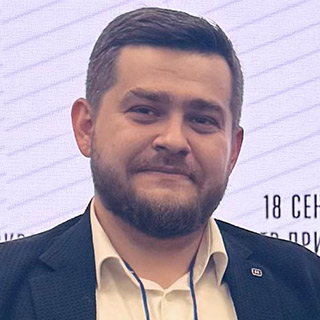
Viktor Ovsyannikov
Deputy General Director, JSC “CTC Exchange”Moderator:
Anastasia Podolyan
Representative of the Federal Agency for Fishery to FAO, Rome, ItalyOrganizers:
-
FISH PACK awards ceremony
Event details:
In 2025, for the first time, the exhibition will host a packaging competition for fish products, aimed at identifying and promoting the best solutions and materials.
All manufacturers and suppliers of fish products in the relevant categories are welcome to participate.
The competition is supported by the Telegram channel “Rybkhoz. All About Fish.”
As a result of the competition, awards will be given not only to the winning fish product manufacturers but also to the packaging producers whose technologies, materials, and equipment were used in production.
For more details about the competition, please follow the link.
The event will be held in Russian.
Organizers:
-
Presentation "Development of Therapeutic and Preventive Feeds and Feeds for RAS in Russia"
Event details:
The event will examine the key factors affecting the sustainable growth of farmed fish, address the challenge of combating their diseases, and cover the development of production for therapeutic/prophylactic feeds and feeds for recirculating aquaculture systems (RAS).
During the presentation, innovative feed developments for various cultivation conditions, as well as the technology for their application, will be presented.
Speaker:
- Anna Anpodist, General Director, Prometrika LLC
Speaker:
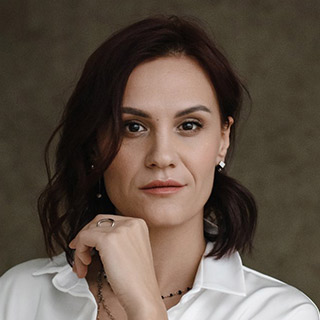
Anna Anpodist
General Director, Prometrika LLCOrganizers:
-
VARPE and VASEP MoU signing ceremony
Event details:
As part of the official program of the Global Fishery Forum, a Memorandum of Understanding will be signed between the leading fisheries business associations of Russia and Vietnam – the All-Russian Association of Fisheries Enterprises, Entrepreneurs and Exporters (VARPE) and the Vietnam Association of Seafood Exporters and Producers (VASEP).
This event marks a new chapter in promoting sustainable and mutually beneficial seafood trade between Russia and Vietnam, demonstrating a shared commitment to technical cooperation, trade facilitation, and responsible industry development.
Participants:
- Ilya Shestakov, Head, Federal Agency for Fisheries
- German Zverev, President, All-Russian Association of Fisheries Enterprises, Entrepreneurs and Exporters (VARPE)
- Mr. Nguyen Hoai Nam, General Secretary, Vietnam Association of Seafood Exporters and Producers (VASEP)
Participants:
Ilya Shestakov
Head, Federal Agency for Fisheries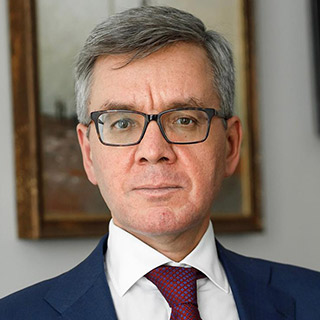
German Zverev
President, All-Russian Association of Fisheries Enterprises, Entrepreneurs and Exporters (VARPE)Mr. Nguyen Hoai Nam
General Secretary, Vietnam Association of Seafood Exporters and Producers (VASEP)Organizers:
-
Open talk “Look beyond the horizon!”
Event details:
“Look beyond the horizon!” is a traditional event where the industry’s top officials and students of fishery universities meet on equal footing. The winners of 2025 university competitions will present their projects and get a chance to receive first-hand job offers.
Participant projects:
-
Alina Talova, 4th-year student, Kamchatka State Technical University (KamchatGTU)
Development of biotechnology for cultivating brown algae in the Kamchatka region for sanitary mariculture and restoration of their natural populations -
Nikita Tolstov, Master’s student, Astrakhan State Technical University (AGTU)
Industrial aquaponics -
Evgeny Zayats, PhD student, Head of the Laboratory of the Department of Technical Systems Management, Far Eastern State Technical Fisheries University (Dalrybvtuz)
Technology for producing sterilized canned products from smoked small fish of the Far Eastern basin in oil -
Faina Karneeva, PhD student, Kamchatka State Technical University (KGTU)
Innovative technology for dried sausages from aquaculture species -
Alina Rutkovskaya, student, Kamchatka State Marine Technical University (KGMTU)
Salt adaptation of rainbow trout larvae and juveniles in recirculating aquaculture systems -
Artem Shendrik and Arseny Repin, 2025 graduates of Northern (Arctic) Federal University named after M.V. Lomonosov, employees of LLC Marine Integrated Systems
Development of a fish grading prototype using computer vision (as part of the “Startup as Thesis” format)
Experts:
- Ilya Shestakov, Head, Federal Agency for Fisheries
- Kirill Kolonchin, Director, VNIRO
- Alexander Panin, Chairman, Fish Union
- Anna Sheveleva, General Director, Baltiysky Bereg Trading House
- Ilya Rakovsky, Chairman, Karelian Fisheries Union
- Vitaliy Paraskun, Fresh Category Manager
Experts:
Ilya Shestakov
Head, Federal Agency for FisheriesKirill Kolonchin
Director, Russian Federal Research Institute of Fisheries and Oceanography (VNIRO)
Alexander Panin
Chairman, Fish Union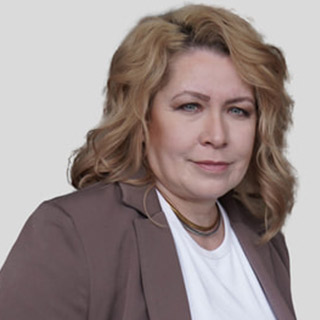
Anna Sheveleva
General Director, Baltiysky Bereg Trading HouseIlya Rakovsky
Chairman, Karelian Fisheries UnionVitaliy Paraskun
Fresh Category ManagerModerator:
Nikolay Zimagorov
Chairman, Youth Council of the Federal Agency for FisheriesOrganizers:
-
Alina Talova, 4th-year student, Kamchatka State Technical University (KamchatGTU)
-
Roundtable “Affordable Luxury”: The Transformation of Russia’s Red Caviar Market
Event details:
Price forecasts, production volume estimates, or potential shortages of red caviar are a guaranteed way to make headlines in the country’s most influential federal newspapers, top national news portals, news aggregators, and popular Telegram channels.
The intense media and consumer attention to this relatively small segment of the fish product market is striking: year after year, starting in spring, newspaper headlines abound with forecasts for the new “red” fishing season; by September, price predictions for the New Year emerge; and from January onward, coverage shifts to forecasts related to February 23rd, March 8th, Maslenitsa, and so on in a continuous cycle. Thousands of publications, hundreds of thousands of comments, and a flood of consumer emotions follow.
For the past year, the most cited “fish-related” topic in the federal news agenda has been “record-high prices for red caviar.”
There is no point in hiding it: the red caviar market is undergoing a transformation, with product segmentation and increasingly volatile price fluctuations within this category. The red caviar market is returning to the state it was in before the early 1990s: premium caviar with high prices and lower-quality caviar segments.
At the same time, as revealed by a joint study conducted by the analytics company Nielsen and VARPE, branded fishermen’s products account for only 0.5% of retail red caviar sales.
Why is the share of red caviar sales in chain retail disproportionate to the overall share of retail in the “fish basket”?
What is the future of caviar boutiques?
What market niche do caviar marketplaces occupy?
These and other questions will be discussed by speakers during a special expert session at the International Fishery Forum.
Topics to discuss:
- How much red caviar was caught in grams: results of the 2025 salmon fishing season
- The Russian caviar code: sales structure, the role of “red caviar,” and sales trends
- Market transparency: the “Kamchatka experiment” and product labeling
- The catch behind “cheap” red caviar
- Does red caviar need advertising, and who should invest in it?
- Caviar online: the future of the market or a field for counterfeit products?
- New strategies of red caviar producers
Speakers:
- Nikolay Bruyaka, Development Director of E-grocery & Non-food Delivery Service, “Kuper”
- Alexey Goryachev, Founder of LLC “Goryachev” (HOT FISH Online Store)
- Yulia Kuzmina, Head of Duty-Free Food Products Department, CRPT (Operator of the State Labeling System “Chestny Znak”)
- Olga Maznikova, PhD in Biology, Director of the Department of Anadromous Fish of Russia, VNIRO
- Alexander Sosnovikov, Head of Business Development Group, Nielsen
- Alexandra Sukhareva, Head, Departments of Fruits and Vegetables and Ultra-Fresh category, Perekrestok
- Sergey Velikanov, Representative of the Tymlat Fish Processing Plant in Moscow
Speakers:

Nikolay Bruyaka
Development Director of E-grocery & Non-food Delivery Service, “Kuper”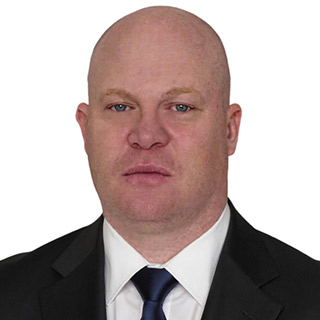
Alexey Goryachev
Founder of LLC “Goryachev” (HOT FISH Online Store)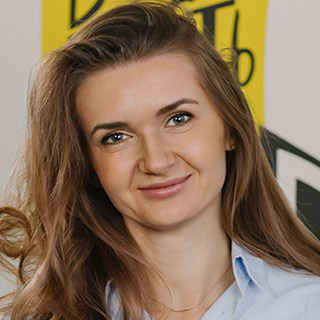
Yulia Kuzmina
Head of Duty-Free Food Products Department, CRPT (Operator of the State Labeling System “Chestny Znak”)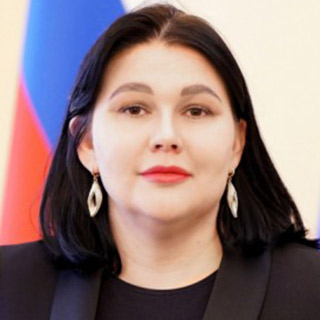
Olga Maznikova
PhD in Biology, Director of the Department of Anadromous Fish of Russia, VNIRO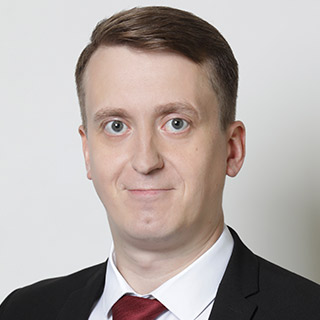
Alexander Sosnovikov
Head of Business Development Group, Nielsen
Alexandra Sukhareva
Head, Departments of Fruits and Vegetables and Ultra-Fresh category, Perekrestok
Sergey Velikanov
Representative of the Tymlat Fish Processing Plant in MoscowModerator:

German Zverev
President, All-Russian Association of Fisheries Enterprises, Entrepreneurs and Exporters (VARPE)Organizers:
-
Roundtable “Industrial and technological base: choosing high quality aquaculture equipment”
Event details:
The event will focus on discussing innovative and efficient solutions for the production and technological base of aquaculture enterprises, aimed at improving their productivity, ensuring sustainable development, and increasing profitability. Special attention will be given to the role of high-quality equipment as the foundation of modern, optimized production.
Topics to discuss:
- Prospects for aquaculture development and the need to implement new technological solutions to ensure sustainable sector growth
- The importance of high-quality equipment as the cornerstone of efficient aquaculture production. Key equipment parameters: durability, ease of maintenance, energy efficiency, safety
- The impact of equipment quality on farm productivity and economic performance
- An integrated approach to equipment selection: water purification and filtration systems, aeration, incubation, temperature and humidity control, water quality monitoring systems
- Temperature and humidity control technologies: heaters, thermostats, climate-control systems for pond and cage farms
- Feeding equipment: automatic and semi-automatic feeders, feed dosing machines, storage and transportation systems
- Net and cage structures: material selection, cage manufacturing technologies, predator protection, prevention of fish escapes
- Challenges and prospects of equipment servicing
- Organization of technical support and warranty services
- Spare parts, staff training, service contracts
- The relevance of optimizing the production and technological base in the context of improving aquafarm efficiency and strengthening economic performance
- Presentation of practical case studies and leading international and Russian practices in implementing modern technological solutions
Speakers:
-
Irina Zakharevich, Executive Director, Net-Making Factory “LYUKSOL”, Trademark / Legal Entity LLC “LUMEN”
Current technologies and services for cage farms: from equipment selection to efficient operation. Modern materials for net cage production: options, prospects, and quality testing methods -
Sergey Galizin, General Director, LLC “Hermes”
Modern technological solutions for cage-based fish farms. Structural features of cages, pontoons, and anchoring systems: design, materials, installation, environmental safety, and reliability -
Sergey Novikov, CEO, Russian Caviar House Group
Prospects for the development of industrial aquaculture: pathways, challenges, and objectives -
Michael Janeček, Managing Director, GRYF HB, Ltd.
Physical Principles of Measurement in Aquaculturey -
Alexander Trusov, Development Director, ASAKUA
Innovations in Aquaculture and Global Trends -
Sergey Sklyarov, Director of the V.I. Naumov Institute of Animal Husbandry and Aquaculture, St. Petersburg State Agrarian University
Evaluation of the efficiency of using tanks of various designs for recirculating aquaculture systems (RAS)
Speakers:
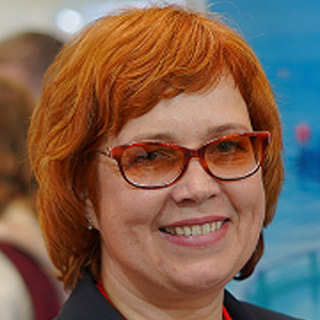
Irina Zakharevich
Executive Director, Net-Making Factory “LYUKSOL”, Trademark / Legal Entity LLC “LUMEN”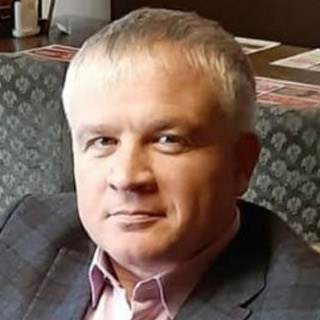
Sergey Galizin
General Director, LLC “Hermes”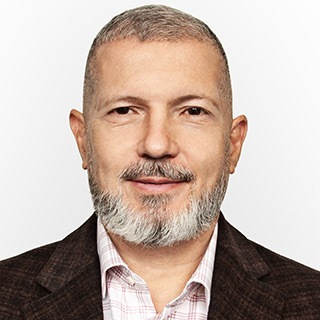
Sergey Novikov
CEO, Russian Caviar House Group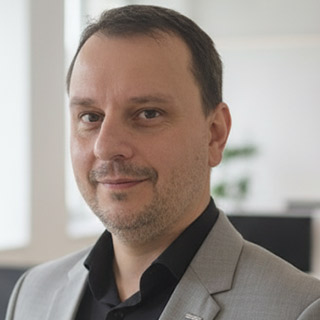
Michael Janeček
Managing Director, GRYF HB, Ltd.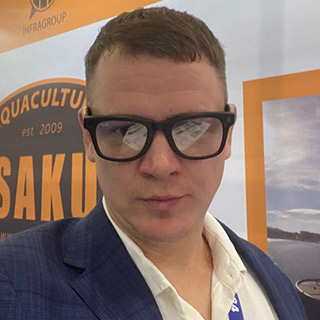
Alexander Trusov
Development Director, ASAKUA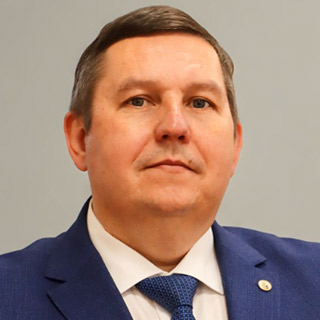
Sergey Sklyarov
Director of the V.I. Naumov Institute of Animal Husbandry and Aquaculture, St. Petersburg State Agrarian UniversityModerator:
Anastasia Dashkova
Head of the Business Program, Media Group SPHEREOrganizers:
-
Final of the All-Russian Sambo Tournament “Five Seas Cup of the Federal Agency for Fisheries”
Event details:
In 2024, the All-Russian Sambo Federation together with the Federal Agency for Fisheries established the national tournament “Cup of Five Seas” for boys aged 12-14. The competition included several stages: qualifying rounds were held in four Russian cities, with the final taking place in Moscow. In total, 400 athletes from 25 regions of the country participated.
In 2025, the format expanded: the program now includes competitions for girls aged 12-14, and new stages were added in the Republic of Buryatia and the Astrakhan Region. The first stage was held in March in Ulan-Ude, bringing together 185 athletes from three regions. In April, more than 50 young sambo wrestlers gathered in Arkhangelsk on the shores of the White Sea, while in May the baton was passed to Kaliningrad, where 128 participants from seven regions fought for a place in the finals. In summer, Vladivostok on the coast of the Sea of Japan hosted 209 athletes from six regions, followed by the fifth stage in the Southern Federal District, which gathered 132 participants from nine regions. The final qualifying stage took place in the Kamchatka Territory, washed by the Sea of Okhotsk, the Bering Sea, and the Pacific Ocean. There, 20 of the strongest athletes secured their long-awaited tickets to the finals.
At every stage, the tournament was supported by representatives of city administrations and regional ministries of sport. The event received high praise from athletes, coaches, and honored guests alike.
The final of the “Cup of Five Seas” will be held on October 22, 2025, in St. Petersburg, where 240 of the country’s best young sambo wrestlers will compete for the tournament’s main trophy.
Topics to discuss:
Organizers:
-
Registration
-
Business Breakfast FishStat.ru (private event)
Event details:
Business breakfast FishStat.ru (by invitation only).
The program features only background music, a delicious breakfast with Far Eastern scallops, and a surprise guest from the world of comedy. Let’s start the workday with a smile!
Organizers:
-
Roundtable “Fishing Fleet Ship Repair – Market Needs and Solutions”
The event is canceled
Event details:
In recent years, the Russian ship repair sector has demonstrated steady growth in workload – the number of orders has increased, and new financial resources have entered the industry. Geopolitical factors are also driving customers to turn to Russian ship repair yards (SRZ) and enterprises in friendly countries.
At the same time, several factors continue to constrain the development of the industry:
- Limited production capacity, particularly ship-lifting facilities, a shortage of berths, and crane equipment
- Lack of a systematic approach to training ship repair specialists, as ship repair has traditionally been considered secondary to shipbuilding
- An outdated machine tool base and difficulties in purchasing specialized equipment from unfriendly countries
- The need for technological preparedness to service new vessels, 70-80% of which are equipped with foreign systems, while ensuring the proper quality and warranty of repairs
The ship repair industry is also calling for the creation of a dedicated state program as part of a long-term development strategy. This would require a deep analysis of the current condition of SRZs, identifying necessary measures, sources, and mechanisms of financing (such as incentives for shipowners who repair their fleets in Russia, and direct government investments in ship repair assets).
The roundtable will focus on the key challenges facing the ship repair industry and will aim to develop proposals for a state program on ship repair to be submitted to the relevant authorities – the Department of Shipbuilding Industry and Marine Engineering of the Ministry of Industry and Trade of the Russian Federation, the Federal Agency for Maritime and River Transport of the Ministry of Transport, and the Federal Agency for Fishery of the Ministry of Agriculture.
Speakers:
- Sergey Smirnov, Director of the Association of Oil and Gas Industry Suppliers “SOZVEZDIЕ”
- Vladislav Bukin, Editor-in-Chief, “Mediapaluba” news agency
Speakers:
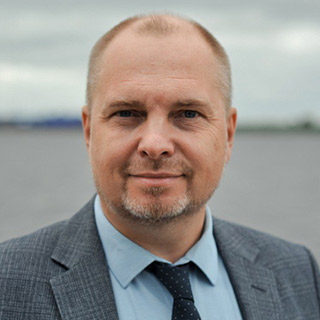
Sergey Smirnov
Director of the Association of Oil and Gas Industry Suppliers “SOZVEZDIЕ”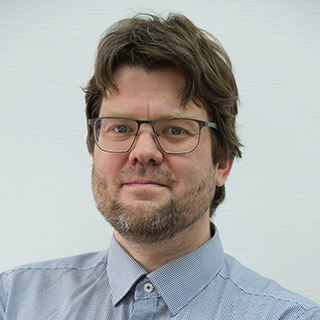
Vladislav Bukin
Editor-in-Chief, “Mediapaluba” news agencyOrganizers:
-
Conference “Aquaculture Tomorrow – Shaping the Future Today”
Event details:
Slender share of aquaculture in the total output of the Russian fishery industry and today’s economic realities call upon us to address a series of multidimensional problems.
Limited supply of foreign and the shortage of local high-performance planting stock and effective feed concentrates for the industrial cultivation of high-value fish species restrict the growth of commercial aquaculture production in the country. Conventional methods of ensuring the desired properties of aquaculture have been substantially replaced by artificial selection that relies on genomics techniques. Designing effective recipes and increasing production volumes are of the utmost importance for addressing the issue of feed concentrate supplies.
A sharp decline in the share of imported medicines for aquaculture healthcare has been partially covered by locally developed products, yet complete and comparable replacement is still a long way off.
Different spheres of today’s commercial aquaculture are a growth point for those who design and build advanced high-tech equipment, robotic systems that rely on AI, computer vision and pattern recognition, as well as databases intended to store and process all sorts of information.
We need to customize the best practices of our foreign counterparts, including China, Turkey and other friendly countries, to the Russian settings in those areas where they have made substantial progress.
Topics to discuss:
- Innovative technology and equipment for fish farms: AI and robots
- Aquatic bioresources, planting stock and genomic selection in Russian aquaculture
- Effective Russian aquafeeds for commercial farming and the future of import substitution in feed production
- Health of aquatic bioresources
- Best foreign practices and potential for their application in Russian aquaculture
Speakers:
- Igor Zubarev, Senator of the Federation Council, Deputy Chairman of the Committee on Agrarian and Food Policy
- Turgay Türkyılmaz, Director General of Fisheries and Aquaculture, Ministry of Agriculture and Forestry of the Republic of Türkiye
-
María Soledad Tapia Almonacid, Director of the National Fisheries and Aquaculture Service of Chile (SERNAPESCA)
Modern Approaches to Traceability in Fisheries and Aquaculture - Vladimir Demotko, CEO, Fish Feed JSC
-
M Shaji, Joint Director (Aquaculture) Retd. MPEDA Govt of India. Aquaculture Expert/Consultant NFDB Govt of India
Best Foreign Practices and Potential for their application in Russian Aquaculture - Dmitry Yakimov, CEO, MELKOM-Market LLC (part of MELKOM Group JSC)
- Oleg Lityaykin, Managing Director, Industry Expertise Center, Rosselkhozbank JSC
-
Julian de Bondt, CEO and Head of Sales at Hesy Aquaculture B.V., Engineer
Adapting RAS technologies to local environmental conditions and available resources - Mr. Duan Delin, Professor at the Institute of Oceanology, Chinese Academy of Sciences
Speakers:
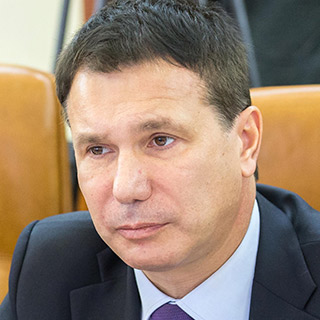
Igor Zubarev
Senator of the Russian Federation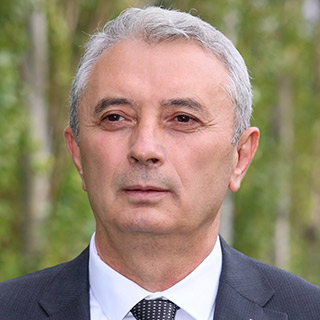
Turgay Türkyılmaz
Director General of Fisheries and Aquaculture, Ministry of Agriculture and Forestry of the Republic of Türkiye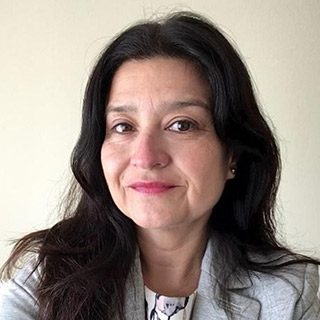
María Soledad Tapia Almonacid
Director of the National Fisheries and Aquaculture Service of Chile (SERNAPESCA)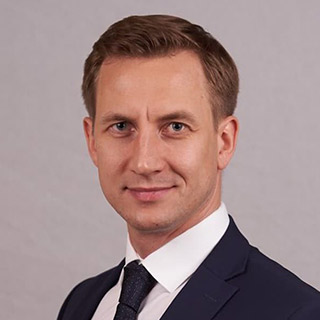
Vladimir Demotko
CEO, Fish Feed JSC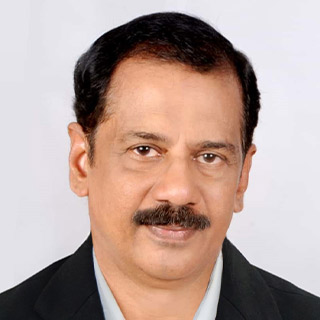
M Shaji
Joint Director (Aquaculture) Retd. MPEDA Govt of India. Aquaculture Expert/Consultant NFDB Govt of India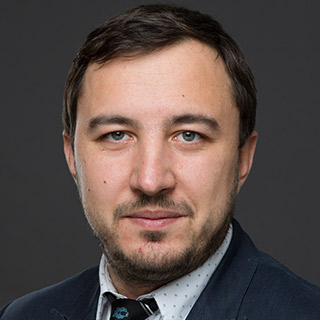
Dmitry Yakimov
CEO, MELKOM-Market LLC (part of MELKOM Group JSC)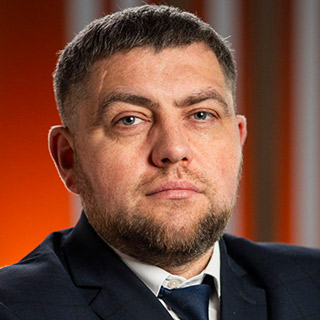
Oleg Lityaykin
Managing Director, Industry Expertise Center, Rosselkhozbank JSC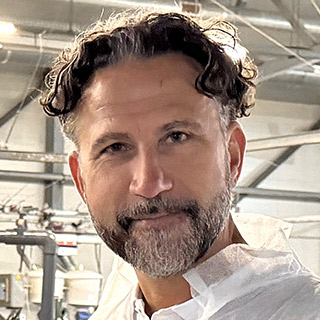
Julian de Bondt
CEO and Head of Sales at Hesy Aquaculture B.V., Engineer
Mr. Duan Delin
Professor at the Institute of Oceanology, Chinese Academy of SciencesModerator:
Vasily Sokolov
Deputy Head, Federal Agency for FisheriesOrganizers:
-
Roundtable “Developing New Skills for the Scientific and Technological Growth of the Russian Fisheries Industry”
Event details:
The Present and Future of the Russian Fisheries Sector Lie in Advanced Technologies in Aquaculture, Fishing, and Aquatic Bioresource Processing.
New competencies in aquaculture engineering and commercial fishing will increase the volume of farmed fish and enhance the harvest of aquatic bioresources. Technologies utilizing artificial intelligence will improve the productivity of fish farmers, trawl masters, and processors. Automated and robotic systems will ensure zero-waste, environmentally friendly, and standardized processes.
However, the adoption of new technologies requires a new generation of engineering professionals. This calls for the consolidation of efforts between higher education institutions and fishery enterprises through the development of new educational programs and technologies to train highly qualified personnel for the fisheries sector.
Topics to discuss:
- Breakthrough competencies and new professions in aquaculture, fisheries, and aquatic bioresources processing
- Automation and robotics for boosting labor productivity
- Industry competence centers as the core of sectoral modernization
- Mentorship provided by fishing industry companies
- Programs for adaptation, retention, and engagement of young professionals in public service and subordinate organizations of the Federal Agency for Fisheries
- Targeted enrollment as a tool for developing the industry’s human capital
Speakers:
- Andrey Fedorov, CEO, Fishering Service LLC
- Alexey Panov, Head of the Legal Support, Civil Service, and HR Department, Federal Agency for Fishery
- Alexander Nedostup, Vice-Rector for Sectoral Scientific and Methodological Activities, Kaliningrad State Technical University (KSTU)
- Tatyana Glechikova, Vice-Rector for Economics, Youth Policy, and Strategic Development of Sectoral Programs, Kamchatka State Marine Technical University (KGMTU)
- Sergey Levchenko, CEO, Vestrybflot LLC
- Sergey Borzov, Specialist in Fishing Gear, FOR Group
- Sergey Kondratenko, PhD, Deputy CEO for Production, Poleks-Aqua LLC
- Viktor Berdyshev, Chairman, Federal Educational and Methodological Association in Higher Education for UGSC 35.00.00 – Agriculture, Forestry, and Fisheries
- Alexander Chekalin, Director of the Higher School of Fisheries and Marine Technologies, Northern (Arctic) Federal University named after M.V. Lomonosov
Speakers:
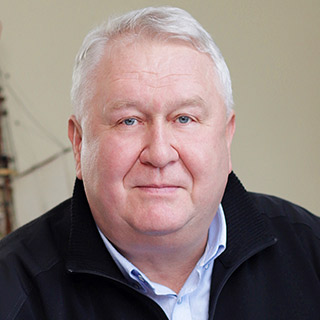
Andrey Fedorov
CEO, Fishering Service LLC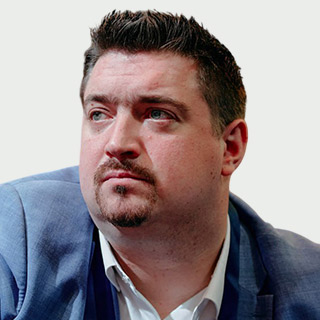
Alexey Panov
Head of the Legal Support, Civil Service, and HR Department, Federal Agency for Fishery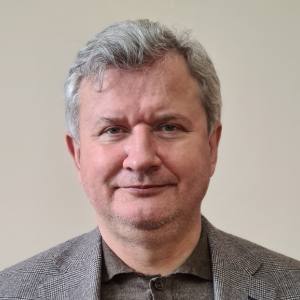
Alexander Nedostup
Vice-Rector for Sectoral Scientific and Methodological Activities, Kaliningrad State Technical University (KSTU)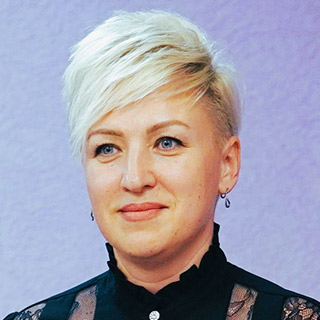
Tatyana Glechikova
Vice-Rector for Economics, Youth Policy, and Strategic Development of Sectoral Programs, Kamchatka State Marine Technical University (KGMTU)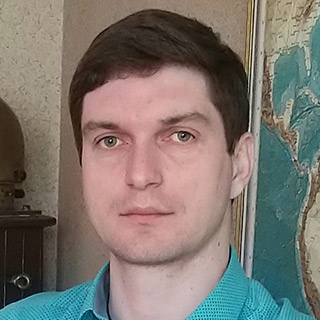
Sergey Levchenko
CEO, Vestrybflot LLC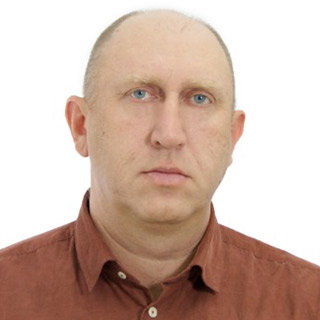
Sergey Borzov
Specialist in Fishing Gear, FOR Group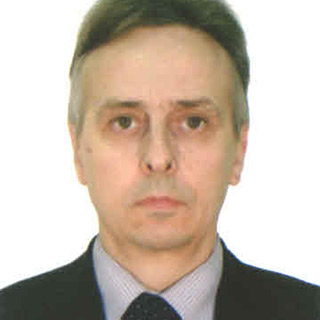
Sergey Kondratenko
PhD, Deputy CEO for Production, Poleks-Aqua LLC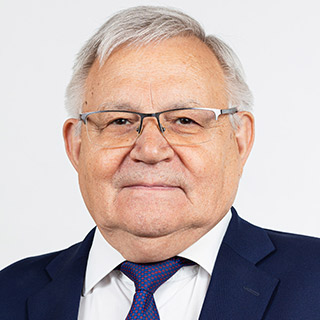
Viktor Berdyshev
Chairman, Federal Educational and Methodological Association in Higher Education for UGSC 35.00.00 – Agriculture, Forestry, and Fisheries
Alexander Chekalin
Director of the Higher School of Fisheries and Marine Technologies, Northern (Arctic) Federal University named after M.V. LomonosovModerator:

Oksana Ogiy
First Vice-Rector of Kaliningrad State Technical University (KSTU)Organizers:
-
Discussion “Neural Networks, Robotics, and AI in Aquaculture: Is the Industry Ready and What Does Business Require?”
Event details:
Neural networks, robotics, and artificial intelligence are becoming an integral part of the modern agro-industrial complex, opening new horizons for efficient resource management, quality control, and risk minimization.
Topics to discuss:
- How ready is the aquaculture industry for the implementation of neural networks, robotic solutions, and artificial intelligence?
- What development prospects do digital tools open up for fish and seafood production?
- What key challenges is business most eager to address through AI and robotics?
- In your opinion, what digital tool is most needed by businesses today?
- What are the main concerns producers and investors have about adopting new digital technologies?
- What hinders the widespread adoption of AI and robotics in the Russian aquaculture sector – high equipment costs, lack of qualified personnel, or managerial conservatism?
- Is the creation of fully autonomous fish farms a realistic goal, or is it still out of reach?
- What is the minimum production scale required for AI solutions to become economically viable?
- How do you envision an ideal Center of Excellence for aquaculture digitalization in Russia?
- What skills should specialists possess to successfully manage such projects?
- What equipment and software are already actively used by large aquaculture enterprises?
- Which aquaculture processes are currently best suited for automation and least costly for businesses to implement?
Purpose of the discussion: to assess the aquaculture industry’s readiness for AI adoption, identify business needs in digitalization, and outline practical steps for integrating neural networks, robotics, and artificial intelligence into production.
Speakers:
- Alexey Romanov, General Director / Co-founder, Fogstream LLC
- Vladimir Bokov, Software Engineer and IT Specialist, Creator of the Telegram channel “RAS Help: Answers About RAS”
- Alexey Marakhtanov, Director, Internet Business Systems LLC, Head of the Artificial Intelligence Center, Petrozavodsk State University
- Andrey Tolstikov, Head of Sales Department, Machine Vision and Neural Networks, Nord Clan LLC
- Semyon Paramonov, General Director, Digital Marine Solutions LLC
- Pavel Popov, Director for Development, Digital Marine Solutions LLC; Skolkovo mentor
Speakers:
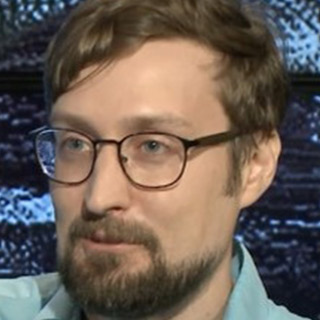
Alexey Romanov
General Director / Co-founder, Fogstream LLC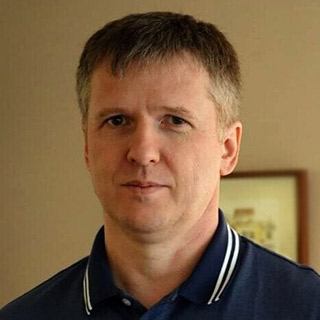
Vladimir Bokov
Software Engineer and IT Specialist, Creator of the Telegram channel “RAS Help: Answers About RAS”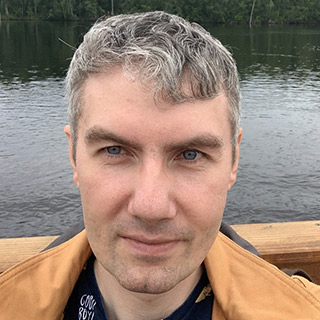
Alexey Marakhtanov
Director, Internet Business Systems LLC, Head of the Artificial Intelligence Center, Petrozavodsk State University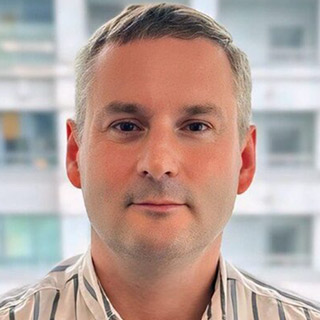
Andrey Tolstikov
Head of Sales Department, Machine Vision and Neural Networks, Nord Clan LLC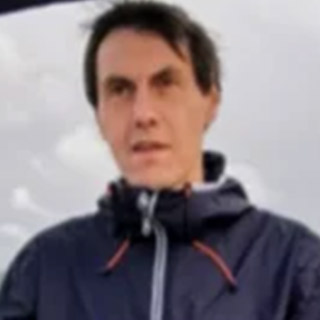
Semyon Paramonov
General Director, Digital Marine Solutions LLC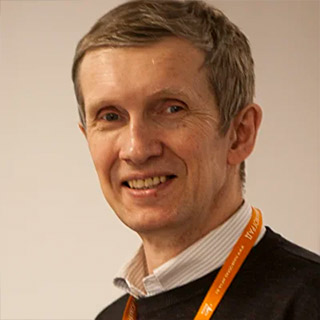
Pavel Popov
Director for Development, Digital Marine Solutions LLC; Skolkovo mentorOrganizers:
-
Roundtable “Workforce Security in the Fisheries Sector: Attracting and Retaining Young Professionals”
Event details:
The Russian fisheries sector employs over one hundred thousand people, and workforce development, including attracting young specialists, remains a top priority. In recent years, this issue has been repeatedly addressed, including within the forum’s business program. Considerable work has been done, and this year the urgency of the problem has somewhat decreased. However, a new challenge has emerged: how to retain young professionals. Working conditions, distance from home, and seasonal nature of the work often lead to staff moving to other industries.
One mechanism to retain talent in the fisheries sector could be the development of a strong industry-specific corporate culture. By leveraging modern state programs and projects, as well as practices from other industries, it is proposed to create an industry identity and corporate ecosystem for young professionals. Can joint projects and programs have a positive impact on reducing staff turnover? Greater results in cost reduction can be achieved through cooperation between companies within the sector. Collaborating with the Federal Agency for Fisheries, such initiatives can help retain young specialists and foster the development of human and professional capital. Discussion of this topic, along with the exchange of experience and proposals, will form the foundation of a nascent unified ecosystem for employees in the Russian fisheries sector.
Speakers:
- Egor Litvinenko, Deputy Head, Federal Agency for Youth Affairs
- Alexey Osintsev, President, Fishery Shipowners Association
- Anna Sheveleva, General Director, Baltiysky Bereg Trading House
- Alexey Panov, Head of Legal Support, Civil Service and Personnel Department, Federal Agency for Fisheries
- Irina Yesipova, Strategic Communications Advisor, Federal State Budgetary Institution “Glavrybvod”
- Sergey Levkov, Rector, Kamchatka State Technical University
Speakers:
Egor Litvinenko
Deputy Head, Federal Agency for Youth Affairs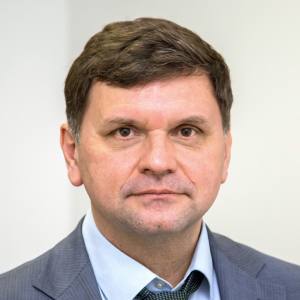
Alexey Osintsev
President, Fishery Shipowners Association
Anna Sheveleva
General Director, Baltiysky Bereg Trading House
Alexey Panov
Head of the Legal Support, Civil Service, and HR Department, Federal Agency for FisheryIrina Yesipova
Strategic Communications Advisor, Federal State Budgetary Institution “Glavrybvod”Sergey Levkov
Rector, Kamchatka State Technical UniversityModerator:
Polina Kirova
Expert in Russia’s fisheries sectorOrganizers:
-
Roundtable “Technological Aspects of Cost-Effective Aquaculture”
Event details:
Modern Russian aquaculture is diverse both in terms of species (carp, salmonids, invertebrates and macrophytes, sturgeons, whitefish, and others) and technologies, ranging from extensive (pasture-based) to highly intensive (RAS) systems. Such diversity should, in theory, ensure that aquaculture products are accessible to the population. However, compared with other agricultural products, the consumption of aquaculture products remains significantly lower. In most cases, this is due to the high cost of fish.
It is clear that raising aquaculture species is more complex than raising other types of livestock. It is more difficult to create favorable conditions, prevent and treat diseases, ensure effective feeding, and organize efficient logistics. In turn, high-tech, controlled production requires skilled personnel and significant investment in technological infrastructure, which often results in higher product costs. Thus, the affordability of aquaculture products is a contradictory issue involving many technological aspects.
In this context, the roundtable will discuss factors that could help reduce the production costs of aquaculture and increase profitability. In particular, the discussion will address the regionalization of aquaculture, taking into account natural and climatic conditions, as well as the resource provision of fish farms and logistics costs. Natural and climatic factors will be considered as the basis for selecting priority species and technologies for specific regions. Resource provision and logistics will be analyzed as components of effective production and supply chains – including the supply of fish farms with seed stock, high-quality feeds and equipment, as well as processing and distribution of products to the end consumer.
Speakers:
- Maria Egorova, Deputy CEO – Commercial Director, JSC “GK MELKOM”
- Viktoria Barinova, Head, Department of Aquaculture Technology and Regulation, VNIRO
- Sevil Fakhrad Gyzy Naryshkina, Director of High-Performance Agro and Aquaculture Division, Skolkovo Foundation
- Vladimir Oksanichenko, CEO, JSC “Kala-Ranta”
- Julian de Bondt, CEO and Head of Sales at Hesy Aquaculture B.V., Engineer >
- Tatiana Vaskova, Director of ASK LLC, joint-stock company “Agricultural Feed Agency”
Speakers:
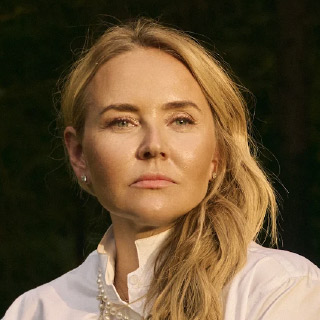
Maria Egorova
Deputy CEO – Commercial Director, JSC “GK MELKOM”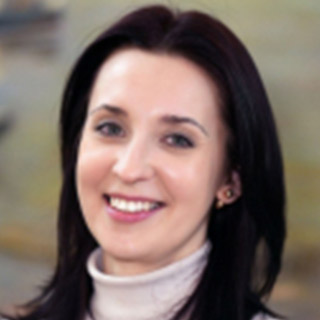
Viktoria Barinova
Head, Department of Aquaculture Technology and Regulation, VNIRO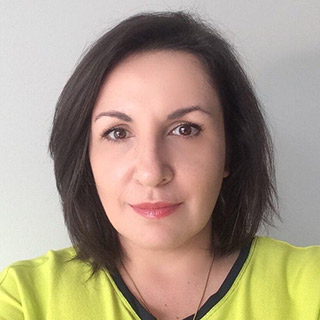
Sevil Fakhrad Gyzy Naryshkina
Director of High-Performance Agro and Aquaculture Division, Skolkovo Foundation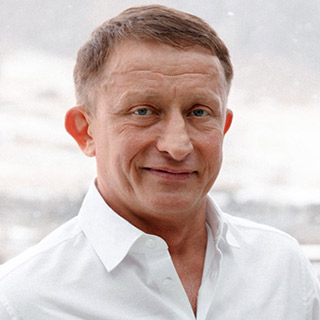
Vladimir Oksanichenko
CEO, JSC “Kala-Ranta”
Julian de Bondt
CEO and Head of Sales at Hesy Aquaculture B.V., Engineer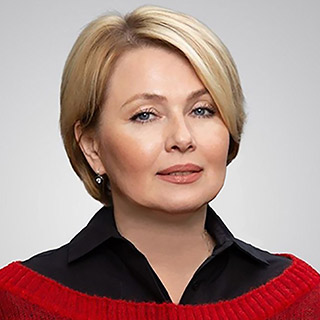
Tatiana Vaskova
Director of ASK LLC, joint-stock company “Agricultural Feed Agency”Moderator:
Roman Artemov
Director, Department of Applied Research of mixed feeding and scientific support for business activities, VNIROOrganizers:
-
Roundtable “Technological sovereignty in the fishery industry: shipbuilding and processing”
Event details:
With global competition on the rise, technological sovereignty is becoming a key to maintaining stable growth of Russia’s fishery industry. The investment quota campaign, which is not limited to fishing fleet modernization but covers the entire infrastructure for fish products processing and logistics, remains a critical driver for achieving this goal.
This expansion of growth options requires vigorous collaboration of all actors engaged in new projects. That is why the discussion will involve both shipbuilders/ship repair companies and producers of equipment for each stage of the supply chain: processing, packaging, storage and transportation of fish products.
Alongside with strategic initiatives, they will discuss practical steps for increasing local content of technology development and production optimization. This will provide a solid ground for long-term growth of the Russian fishery industry and make it more competitive in the global market.
Speakers:
- Ilya Orsik, Deputy Head, Agriculture, Food and Road-building Machinery, Ministry of Industry and Trade of the Russian Federation
- Stanislav Aksenov, Member of the Board of Directors, Russian Fishery Company (RFC), President, Association of Fishing Fleet Owners
- Andrey Grechkin, General Director, Dalreftrans (FESCO Transportation Group)
- Pavel Zubkov, CEO, Morskie Kompleksnye Sistemy (MKS)
- Andrey Novikov, Deputy General Director for Development, PKB Petrobalt
- Representative, Ingenium
- Dmitry Batenkin, Commercial Director, Ingenium LLC
- Georgy Bedrik, Deputy General Director, Russian Maritime Register of Shipping
Speakers:
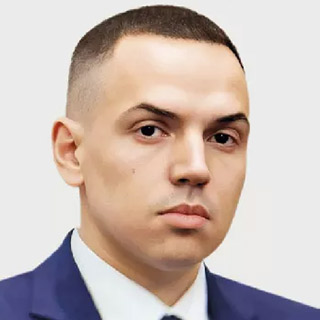
Ilya Orsik
Deputy Head, Agriculture, Food and Road-building Machinery, Ministry of Industry and Trade of the Russian Federation
Stanislav Aksenov
Member of the Board of Directors, Russian Fishery Company (RFC), President, Association of Fishing Fleet Owners
Andrey Grechkin
General Director, Dalreftrans (FESCO Transportation Group)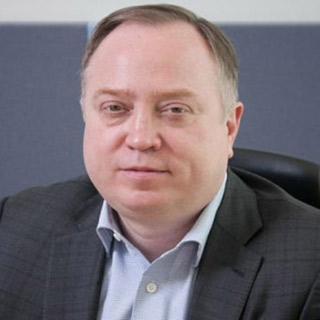
Pavel Zubkov
CEO, Morskie Kompleksnye Sistemy (MKS)
Andrey Novikov
Deputy General Director for Development, PKB Petrobalt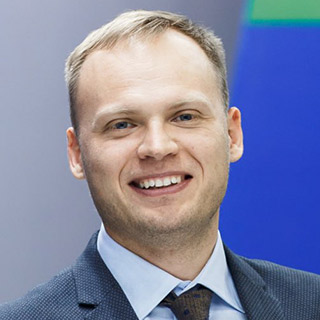
Dmitry Batenkin
Commercial Director, Ingenium LLC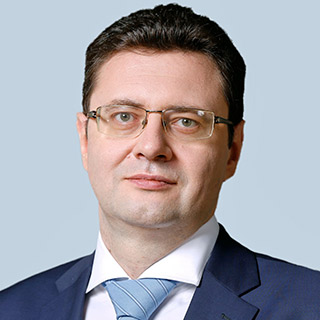
Georgy Bedrik
Deputy General Director, Russian Maritime Register of ShippingModerator:
Andrey Mikhalevich
Head, Economics and Investment Department, Federal Agency for FisheriesOrganizers:
-
Presentation “Trends in Aquaculture Feed Production in Russia”
Event details:
The event will focus on the discussion of the progressive growth of feed production in Russia, the reduction of import dependence, and the enhancement of raw material security amid increasing domestic consumption.
The presentation will also cover the development of innovations in feed formulations and assess the potential for further industry growth against the backdrop of stagnation in the production of marketable fish. Special attention will be paid to how domestic feed production can contribute to the resilience of the Russian fishing industry and the enhancement of its technological capacity.
Speaker:
- Oleg Kashkarev, Sales Director, Limkorm Group LLC
Speaker:
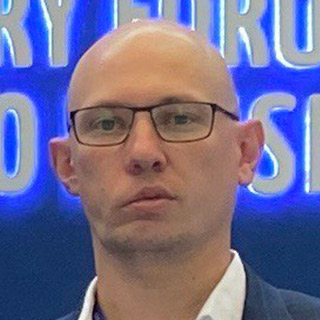
Oleg Kashkarev
Sales Director, Limkorm Group LLCOrganizers:
-
Roundtable “Fish for children: the potential of fish-based baby food market in Russia”
Event details:
The baby food market in Russia is growing at an unprecedented pace, both in volume and money terms. The key reasons include growing awareness of young parents about the impacts of healthy nutrition on the physical and mental development of their children and the “green trend,” i.e. the craze for green and organic products that grow naturally without antibiotics and growth hormones and do not require any artificial additives or preservatives for processing.
It would seem that wild fish harvested by Russian fishermen in environmentally pristine areas should be the main source of protein for such products foods. Yet, as a matter of practice, the top-10 brands are barely expanding their product mix, and some producers do not make fish puree at all. At the same time, estimates of the Far East and Arctic Development Corporation show that the Russian market’s minimum demand, given the birth rate pattern, is around 85 mln cans per year, and if we go by the standards of the Ministry of Health – more than 150 mln per year, whereas the current volume of domestic production is tens of times less, at just around 4.5 mln cans.
The situation with milk formulas and functional nutrition for children is even more serious. In many countries worldwide the so-called “fish ingredients,” such as fish oil, fish meal, protein, vitamin and mineral complexes produced from fish and seafood, are widely used as additives for baby foods rich in vitamins, yet Russian manufacturers generate little to no demand for these products. It is noteworthy that lack of activity on the part of “specialized” manufacturers pushes large retailers to start their own brands. For example, VkusVill and Ozon Fresh both have a family of baby foods with fish puree. This sector obviously has a significant potential, and coordinated efforts of the state and business can stimulate growth of the fish market and long-term expansion of fish consumption by fostering a culture of consumption “from the cradle.” Beyond the economic benefits, this initiative offers a more far-reaching effect of building a healthy nation. Participants of the “Fish for Children” session of Global Fishery Forum 2025 will discuss whether creating a robust sector for baby food made with fish and fish ingredients in Russia is a realistic endeavor.
Topics to discuss:
- Findings of VARPE federal survey on the social media regarding the demand for baby food made with fish and fish ingredients.
- Opinions of healthcare professionals. Do pediatricians recommend fish to parents as the first complementary foods and why do baby food centers choose not to use “fish” puree?
- “How much fish is in the can”: a survey of baby food market.
- To buy or not to buy – that is the question. Why aren’t manufacturers interested in expanding their mix of “fish” baby food and retailers are?
- Children’s dietary supplements, milk formulas and functional nutrition with fish in Russia: growth point or dead weight?
- What are the ways to fuel growth of production of baby foods made with fish and fish ingredients in Russia? What kind of support do businesses want?
Speakers:
- Igor Zubarev, Senator of the Federation Council, Deputy Chairman of the Committee on Agrarian and Food Policy
- Alexey Buglak, President, Pollock Catchers Association
- Alexandra Gordeeva, Head of Client Services Group, Nielsen
- Anton Zakharov, Expert, Department for the Development of the Fisheries Complex
- Anatoly Moiseev, Doctor of Medical Sciences, Associate Professor, Head of the Department of Propaedeutics of Childhood Diseases, Pirogov Medical University
- Anatoly Khitrov, Owner, NPO Biomedical Innovative Technologies LLC
- Elena Simonenko, Head of the Department of Technological Forecasting and Innovation Development, Research Institute of Child Nutrition – Branch of the Federal Research Center for Nutrition and Biotechnology, PhD in Engineering
- Elena Smirnova, Deputy Head of the Interregional Office of Rospotrebnadzor for St. Petersburg and Leningrad Region – Deputy Chief State Sanitary Physician for St. Petersburg and Leningrad Region
Speakers:

Igor Zubarev
Senator of the Russian Federation
Alexey Buglak
President, Pollock Catchers Association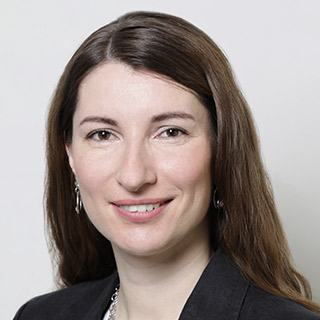
Alexandra Gordeeva
Head of Client Services Group, Nielsen
Anton Zakharov
Expert, Department for the Development of the Fisheries Complex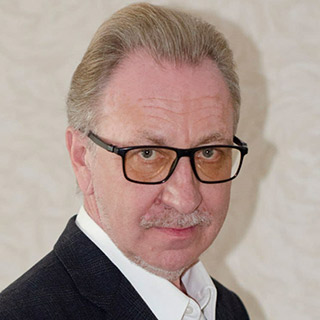
Anatoly Moiseev
Doctor of Medical Sciences, Associate Professor, Head of the Department of Propaedeutics of Childhood Diseases, Pirogov Medical University
Anatoly Khitrov
Owner, NPO Biomedical Innovative Technologies LLC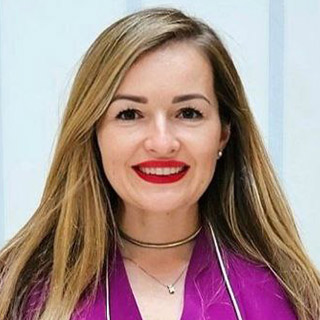
Elena Simonenko
Head of the Department of Technological Forecasting and Innovation Development, Research Institute of Child Nutrition – Branch of the Federal Research Center for Nutrition and Biotechnology, PhD in Engineering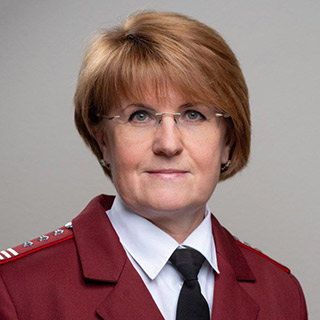
Elena Smirnova
Deputy Head of the Interregional Office of Rospotrebnadzor for St. Petersburg and Leningrad Region – Deputy Chief State Sanitary Physician for St. Petersburg and Leningrad RegionModerator:

German Zverev
President, All-Russian Association of Fisheries Enterprises, Entrepreneurs and Exporters (VARPE)Organizers:
-
Roundtable “Smart Breeding: How Genetics is Transforming Russian Aquaculture”
Event details:
The event will focus on discussing the current state and future prospects of genetic technologies and selective breeding in Russian aquaculture, aimed at improving product quality and output, as well as achieving technological sovereignty in the sector.
Topics to discuss:
- Implementation of integrated approaches – from genetics to farming conditions – as a guarantee of consistently producing high-quality seed stock
- Reducing dependence on imported seed material through domestic breeding and selection programs as the foundation of sustainable and efficient aquaculture development
- The vision for genetic programs focused on disease resistance, resilience to stress, and adaptation to changing environments
- Opportunities for applying innovative tools (SNP panels, genomic indexing) in working with promising aquaculture species
- Building effective cooperation between the scientific community, business, and the public sector to achieve technological sovereignty in the industry
Speakers:
-
Nikolay Müge, PhD in Biology, Head of the Molecular Genetics Department, VNIRO (All-Russian Research Institute of Fisheries and Oceanography)
New Genomic Technologies in Aquaculture -
Alexander Boborykin, Junior Researcher, Laboratory of Genetic Technologies in Agriculture and Aquaculture, L.K. Ernst Federal Research Center for Animal Husbandry
Molecular genetic test systems for verifying the authenticity of parent forms of Siberian sturgeon (Lena population) to ensure more effective selection -
Elena Moiseeva, Director, Ardon-Fish Trout Fry Production Company; Founder of FishLab Aquaculture School; Developer of the M2-Aquaculture Accounting Program
What do trout producers expect from breeders? -
Ekaterina Chernyaeva, Deputy Director, All-Russian Research Institute for Animal Breeding (VNIIPlem), PhD in Biology
Genomic technologies in modern aquaculture: scientific foundations, international experience, and prospects for Russia -
Anastasia Stepanova, Deputy CEO for Production, JSC “Plemzavod Adler”
Provision of Domestic Brood Stock and Fish Seed in Trout Farming: The Case of JSC “Plemzavod Adler” -
Yuri Shcherbakov, Junior Research Fellow, laboratory of molecular genetics, All-Russian Research Institute for Farm Animal Genetics (VNIIGZh)
Genetic Basis of Productive Traits in Salmonid Fish
Speakers:
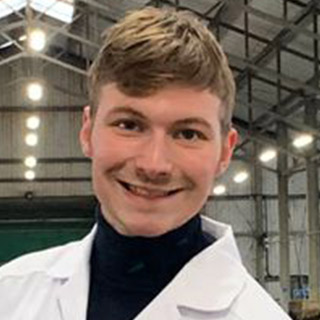
Alexander Boborykin
Junior Researcher, Laboratory of Genetic Technologies in Agriculture and Aquaculture, L.K. Ernst Federal Research Center for Animal Husbandry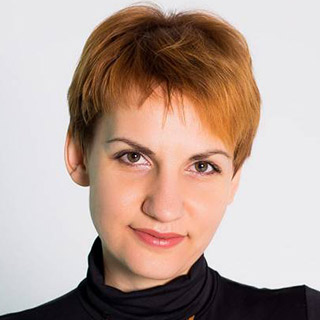
Elena Moiseeva
Director, Ardon-Fish Trout Fry Production Company; Founder of FishLab Aquaculture School; Developer of the M2-Aquaculture Accounting Program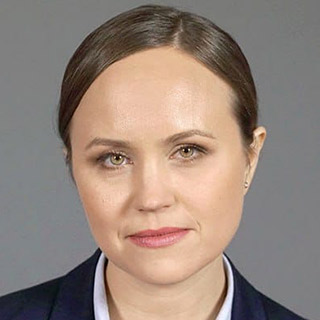
Ekaterina Chernyaeva
Deputy Director, All-Russian Research Institute for Animal Breeding (VNIIPlem), PhD in Biology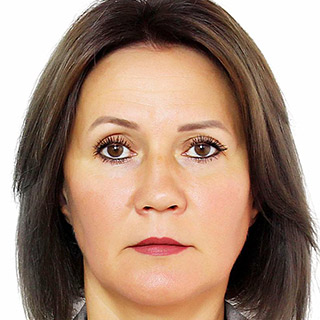
Anastasia Stepanova
Deputy CEO for Production, JSC “Plemzavod Adler”
Yuri Shcherbakov
Junior Research Fellow, laboratory of molecular genetics, All-Russian Research Institute for Farm Animal Genetics (VNIIGZh)Moderator:
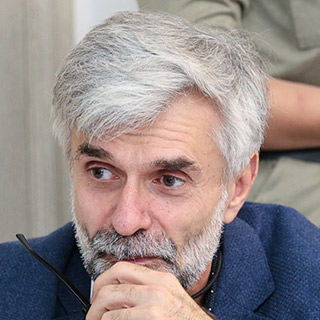
Nikolay Müge
PhD in Biology, Head of the Molecular Genetics Department, VNIRO (All-Russian Research Institute of Fisheries and Oceanography)Organizers:
-
Presentation: FishStat.ru, the B2B Marketplace for the Fishing Industry
Presentation of the B2B Marketplace for the Fishing Industry, FishStat.ru, with Participation of Project Partners: Sber and Dalreftrans.
Speakers:
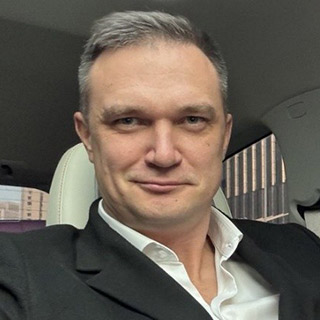
Evgeny Chizh
General Director, FishStat.ru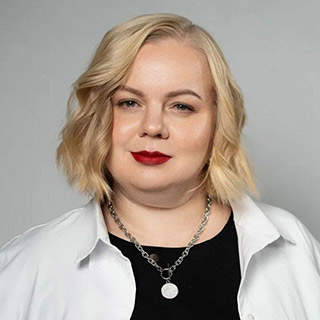
Ekaterina Podlesskikh
Business Development Director, FishStat.ru
Andrey Grechkin
General Director, Dalreftrans (FESCO Transportation Group)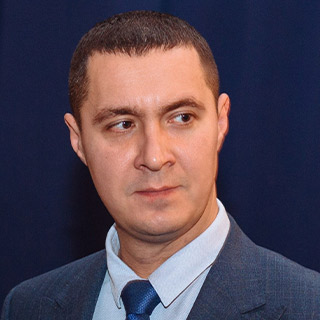
Rinat Safin
Head of Customer Digital Development Projects in the Primorsky Region, Sber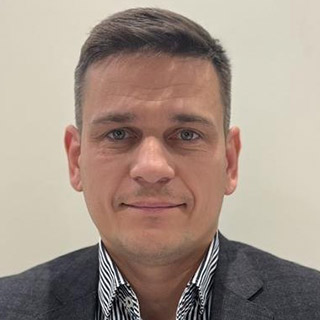
Mikhail Sarychev
General Director, DBI LLCJoined by:
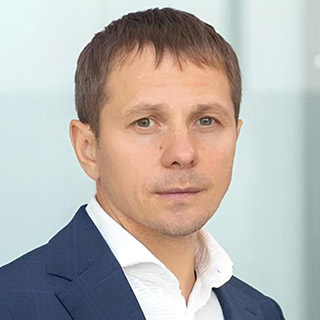
Evgeny Karpov
Founder, FishStat.ruOrganizers:
-
Industry football match
The VIII Global Fishery Forum will be memorable not only for its business program but also for a real football feast!
The two teams — the Exhibitors and the Organizers — will meet at the "Olimpiets" Stadium in Pavlovsk on October 23. It promises to be a stellar game!
The teams “Sea Guardians” and “Fishery Watchmen” will be supported by legends of Russian football: Gabulov, Kerzhakov, Karyaka, Bulykin, Pogrebnyak, Glushakov, and Ignatiev.
We welcome you to join the fans and see the legends in action!
Shuttles depart at 6:15 PM from Exit 6 (the passage between Pavilions F and E) – look for the big football banner. Please don’t be late!
If you’re getting there on your own, head along the route: Expoforum - Olimpiets Stadium.
Organizers:
-
Registration
-
Roundtable “Developing fishery product exports”
Event details:
Event details will be released soon.
Despite the continued negative impact of unfriendly restrictions on foreign markets, export development remains one of the key conditions for the stability of the Russian fisheries sector. Export revenues account for approximately 70% of the industry's total income.
With the U.S. market closed to Russian fish products, the introduction of prohibitive import duties by the UK and EU countries, and other hostile measures, Russian fishing companies are actively exploring new export destinations.
In the first half of 2025, export volumes increased compared to the previous year. However, this progress has been accompanied by rising costs, which highlights the need for targeted support measures for Russian fish exports.
There is a pressing need to assist exporters in developing new markets and to formulate new approaches to promoting Russian fish products in the global marketplace.
Topics to discuss:
- Current and target structure of fishery product exports
- Efficiency and weight of exports in the sector’s financial performance
- Barriers to the development of fishery product exports
- Government incentives for fishery product exports
- Promising export destinations for fishery products
Speakers:
- Maxim Markovich, Deputy Minister of Agriculture
- Andrey Yakovlev, Deputy Head, Federal Agency for Fisheries
- Elena Dyagileva, Senator of the Russian Federation
- Lyudmila Talabaeva, Member of the Federation Council Committee on Agrarian and Food Policy and Environmental Management
- Konstantin Savenkov, Deputy Head of Rosselkhoznadzor
- Mr. Lyu Daqiang, Chairman, Liao Yu Group Co.
- Ilya Ilyushin, Head of the Federal State Budgetary Institution Agroexport
- Stanislav Aksenov, Board Member of Russian Fishing Company and Russian Crab Group of Companies
- Ilya Strokin, Executive Director, Audit and Consulting Company “Technologies of Trust” (TeDo) (formerly Russian branch of PwC)
- Ilya Rakovsky, Chairman, Karelian Fisheries Union
- Alexey Buglak, President, Pollock Catchers Association
- Alexander Panin, Chairman, Fish Union
Speakers:
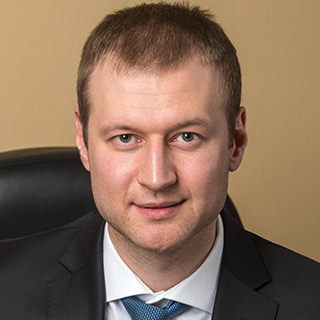
Maxim Markovich
Deputy Minister of AgricultureAndrey Yakovlev
Deputy Head, Federal Agency for Fisheries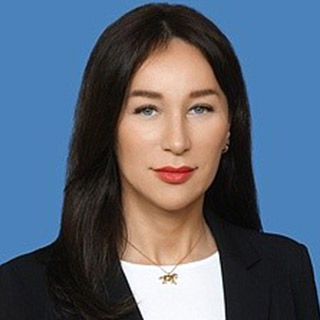
Elena Dyagileva
Senator of the Russian Federation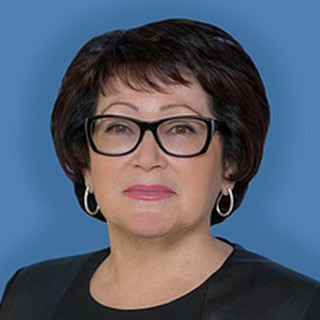
Lyudmila Talabaeva
Member of the Federation Council Committee on Agrarian and Food Policy and Environmental Management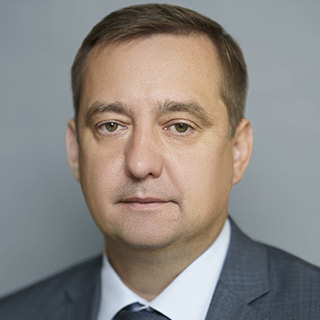
Konstantin Savenkov
Deputy Head of Rosselkhoznadzor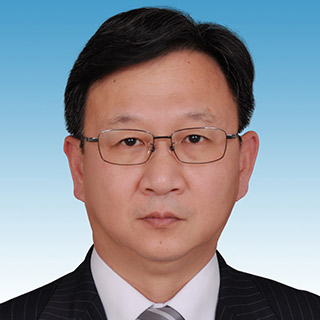
Mr. Lyu Daqiang
Chairman, Liao Yu Group Co.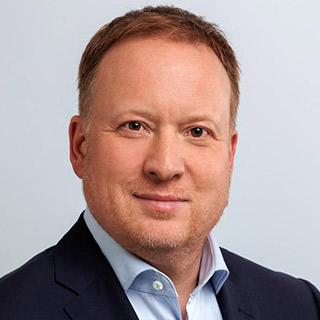
Ilya Ilyushin
Head of the Federal State Budgetary Institution Agroexport
Stanislav Aksenov
Member of the Board of Directors, Russian Fishery Company (RFC), President, Association of Fishing Fleet Owners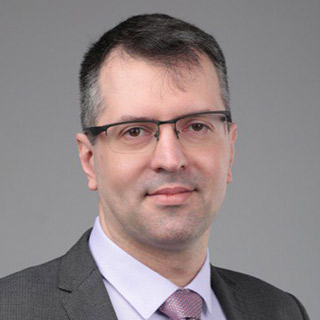
Ilya Strokin
Executive Director, Audit and Consulting Company “Technologies of Trust” (TeDo) (formerly Russian branch of PwC)Ilya Rakovsky
Chairman, Karelian Fisheries Union
Alexey Buglak
President, Pollock Catchers Association
Alexander Panin
Chairman, Fish UnionModerator:

Alexey Osintsev
President, Fishery Shipowners AssociationOrganizers:
-
Business Breakfast “The Fish Battle for the Russian Plate: How to Stimulate Fish Consumption Growth in Russia” (private event)
-
Roundtable “Red Fish: From Farming to Harvesting; From Risks to Investment”
The event is canceled
Event details:
At present, salmonid fish species are one of the key drivers for attracting additional investment into the industry.
On the one hand, 2026 will see a campaign to reissue fishing plot agreements, within which domestic resource users harvest red fish.
On the other hand, the current strategy for the development of the fisheries industry envisions a significant increase in the production volumes of commercial aquaculture by 2030, primarily through trout and Atlantic salmon – its main species.
Achieving both goals requires the attraction of stable bank financing, which in turn calls for the development of coordinated approaches to hedging systemic risks inherent in both the harvesting and farming of salmonid fish species.
Topics to discuss:
- Natural risks associated with the harvesting and farming of red fish: current hedging mechanisms used by the industry
- Production risks caused by dependency on imported supplies (selective genetic material, feed, core assets for launching new production facilities): current status and future outlook
- Tools and solutions for mitigating these risks, including potential measures involving the capabilities of Sber’s ecosystem
Speakers:
- Vladimir Sitnov, Senior Vice President, Sberbank
- Korney Bizhdov, President, National Union of Agricultural Insurers
- Sergey Limarenko, General Director, Inarktika
- Alexey Baitaliuk, Deputy Director – Head of the Pacific branch of VNIRO (TINRO)
- Elena Perfilieva, General Director, Sberbank Insurance Broker
Speakers:
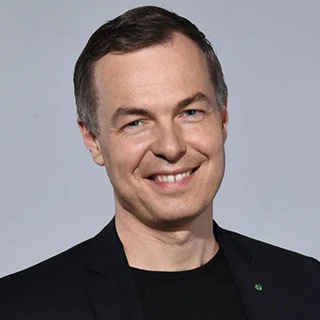
Vladimir Sitnov
Senior Vice President, Sberbank
Korney Bizhdov
President, National Union of Agricultural Insurers
Sergey Limarenko
General Director, Inarktika
Alexey Baitaliuk
Deputy Director – Head of the Pacific branch of VNIRO (TINRO)
Elena Perfilieva
General Director, Sberbank Insurance BrokerModerator:
Vadim Anikin
Strategy PartnersOrganizers:
-
Official tour of the exposition
-
Plenary session “Global fish consumption: growth drivers, production opportunities”
Event details:
While ensuring the priority of supplying the domestic market with fish products, the development of exports remains one of the key conditions for the stability of the fisheries sector, with exports accounting for around 70% of the industry's revenue.
Russian fishing companies have managed to maintain the level of aquatic bioresource catch and the volume of fish product exports, despite the closure of the U.S. market, the introduction of prohibitive import duties by the UK, EU countries, and other unfriendly actions.
However, the promotion of Russian fish products to domestic consumers can play a crucial role in export development. A 10% increase in domestic sales of mass-market fish products would ease the pressure of Russian supply on foreign markets. This, in turn, would lead to price stabilization and growth in export prices, thereby improving the financial performance of exports.
How can this result be achieved?
Speakers:
- Dmitry Patrushev, Deputy Chairman, Government of the Russian Federation
- Ilya Shestakov, Head, Federal Agency for Fisheries
- Alexander Beglov, Governor, Saint Petersburg
- Alexander Drozdenko, Governor, Leningrad Region
- Alexander Tsybulsky, Governor, Arkhangelsk Region
- German Zverev, President, All-Russian Association of Fisheries Enterprises, Entrepreneurs and Exporters (VARPE)
- Mr. Nguyen Hoai Nam, General Secretary, Vietnam Association of Seafood Exporters and Producers (VASEP)
- Turgay Türkyılmaz, Director General of Fisheries and Aquaculture, Ministry of Agriculture and Forestry of the Republic of Türkiye
- Irina Zhachkina, First Deputy Chairman of the Board, Russian Agricultural Bank
Speakers:
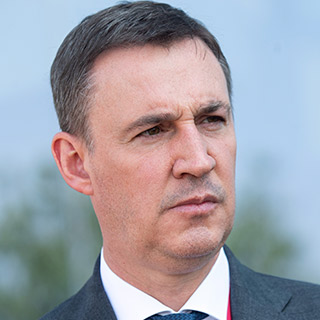
Dmitry Patrushev
Deputy Chairman, Government of the Russian FederationIlya Shestakov
Head, Federal Agency for FisheriesAlexander Beglov
Governor, Saint PetersburgAlexander Drozdenko
Governor, Leningrad RegionAlexander Tsybulsky
Governor, Arkhangelsk Region
German Zverev
President, All-Russian Association of Fisheries Enterprises, Entrepreneurs and Exporters (VARPE)Mr. Nguyen Hoai Nam
General Secretary, Vietnam Association of Seafood Exporters and Producers (VASEP)
Turgay Türkyılmaz
Director General of Fisheries and Aquaculture, Ministry of Agriculture and Forestry of the Republic of Türkiye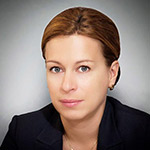
Irina Zhachkina
First Deputy Chairman of the Board, Russian Agricultural BankModerator:
Alexey Bobrovsky
Economic Analyst, Director of the Institute for Global Market StudiesOrganizers:
The current version of the business program is preliminary and will be expanded




 ONLINE REGISTRATION
ONLINE REGISTRATION